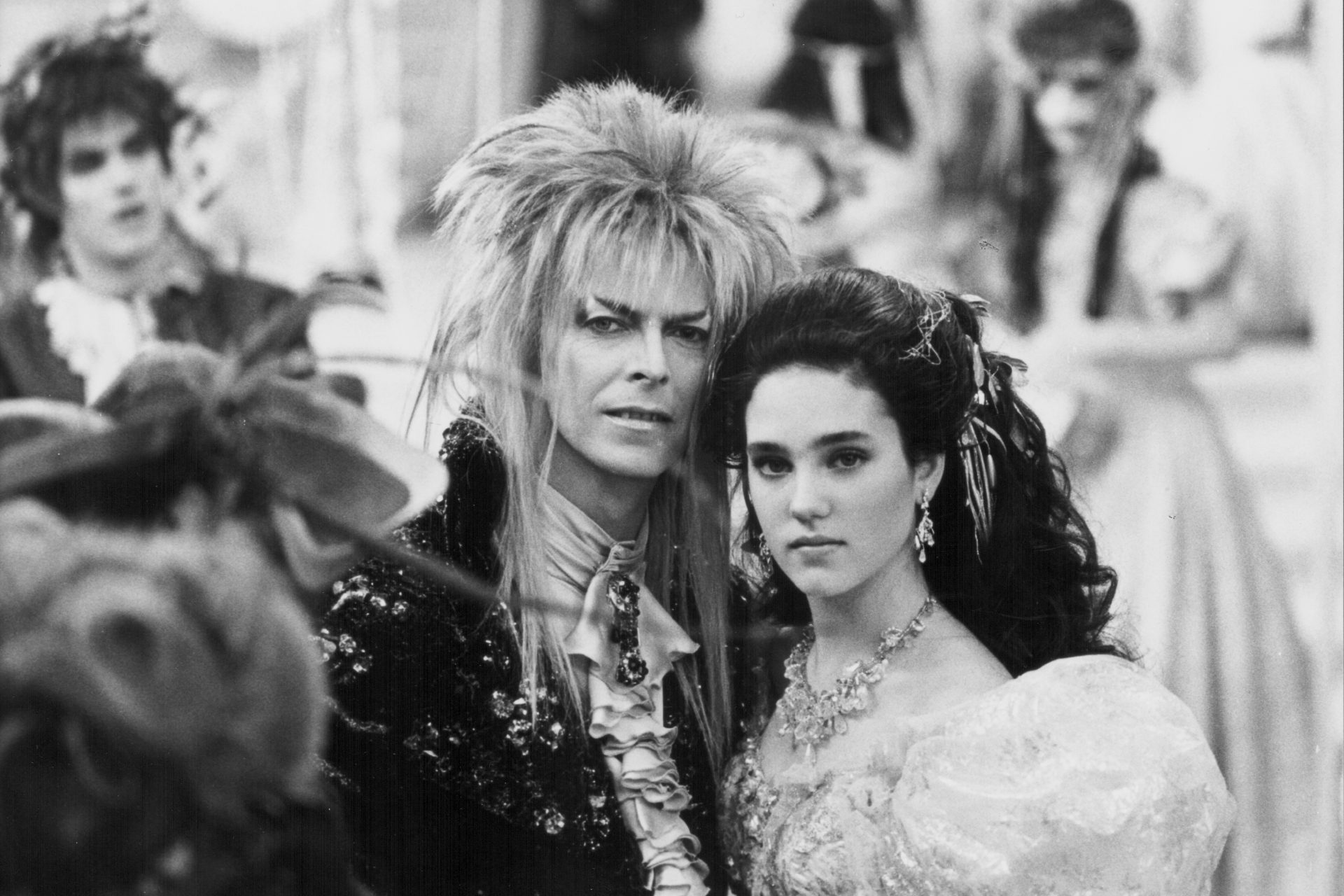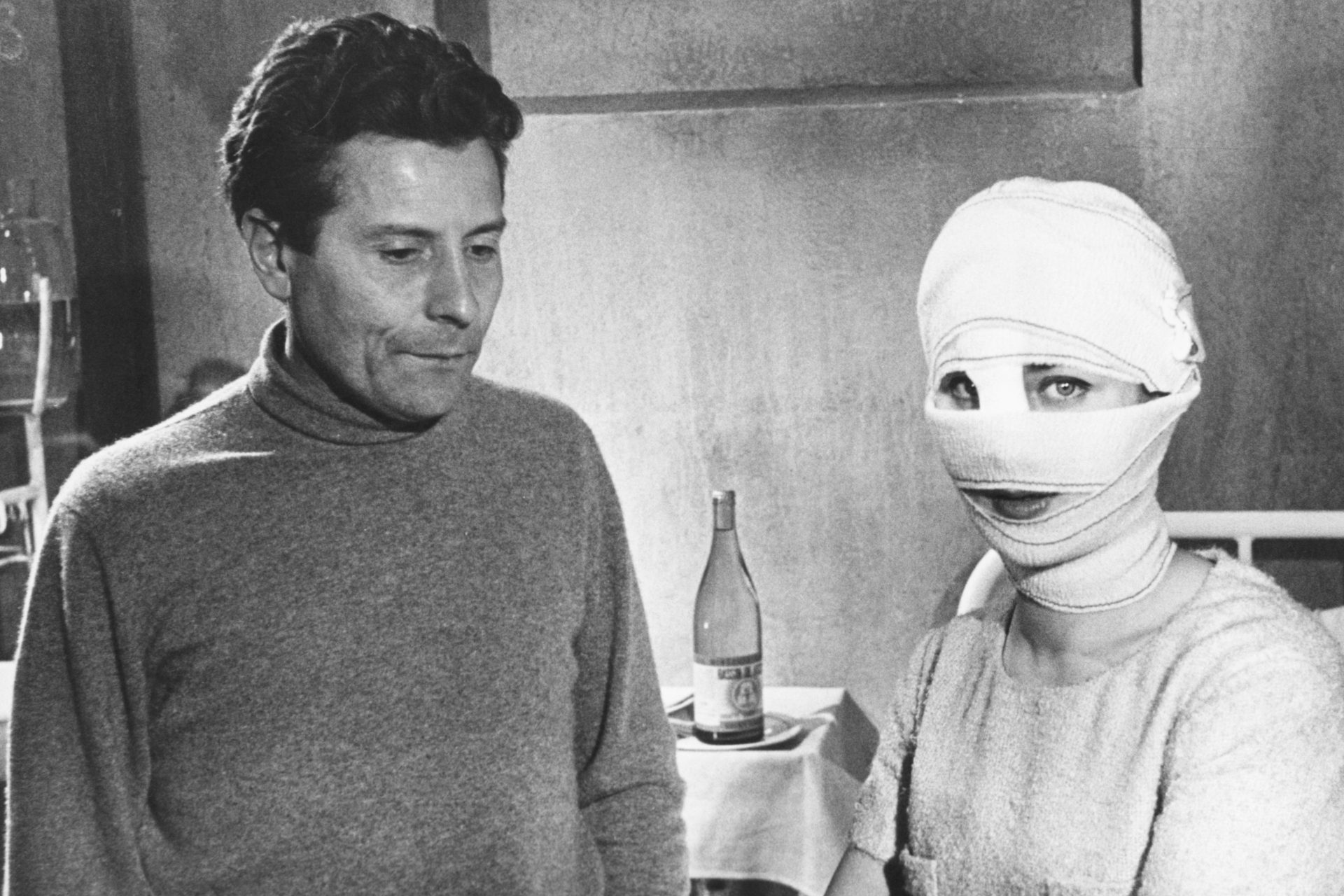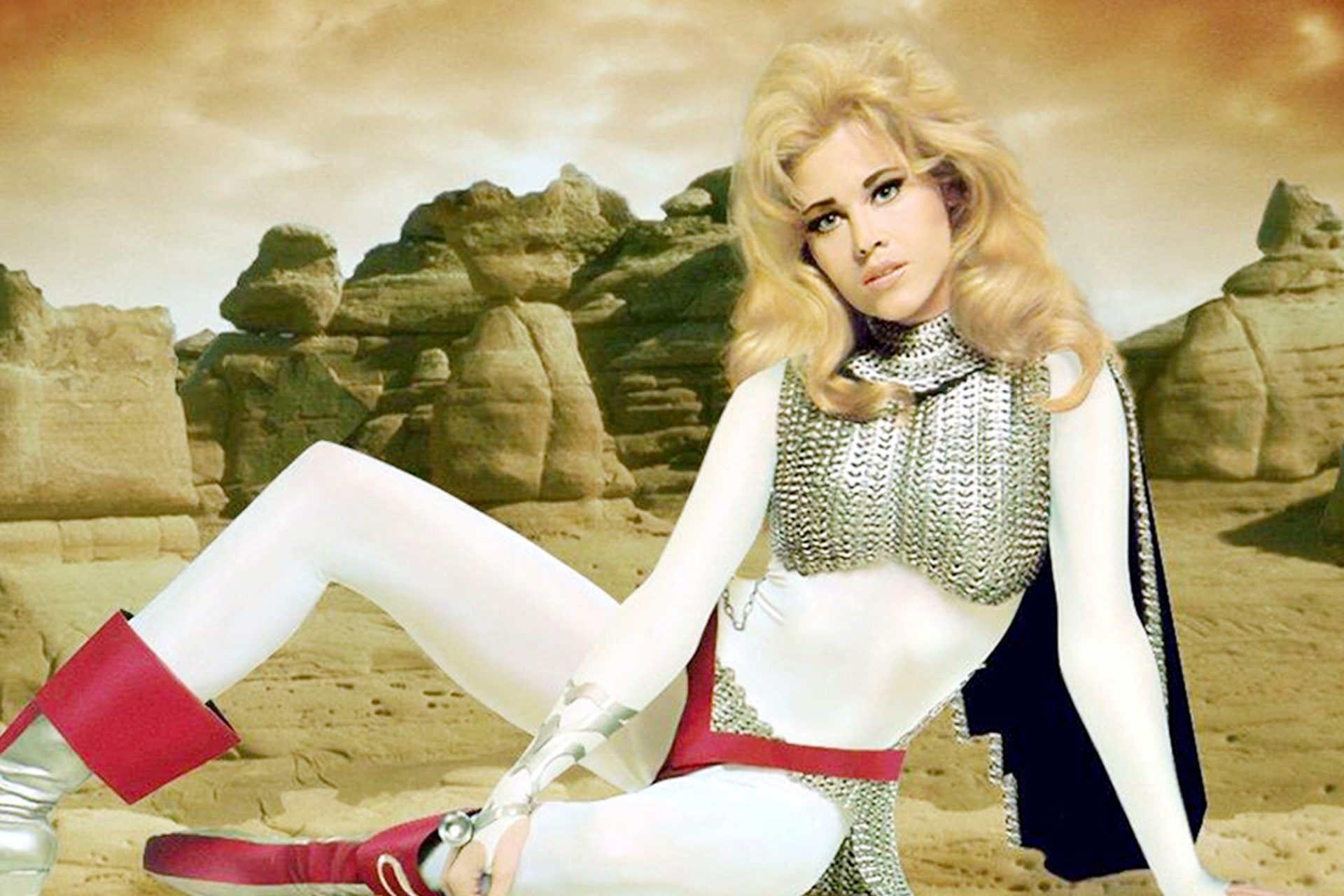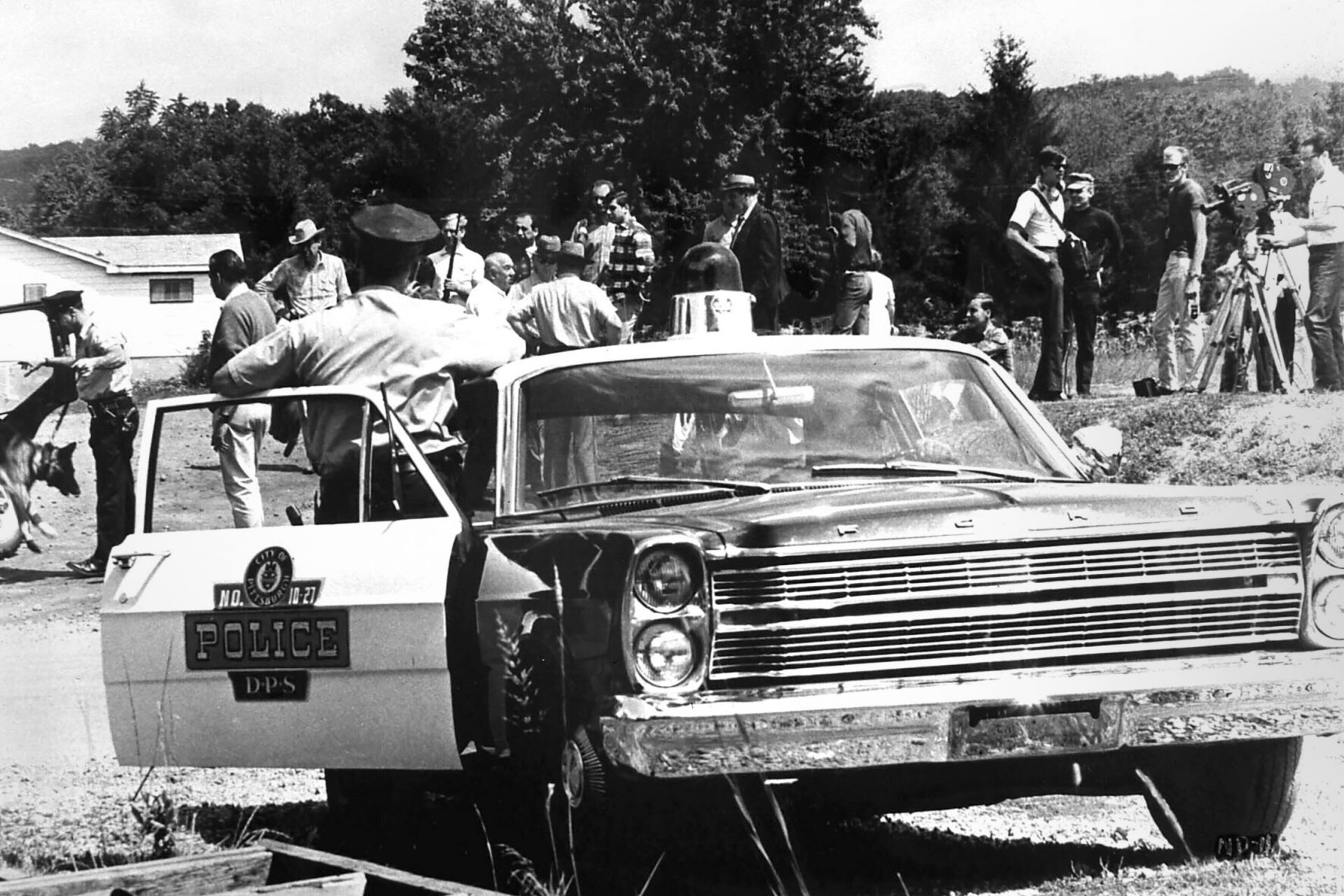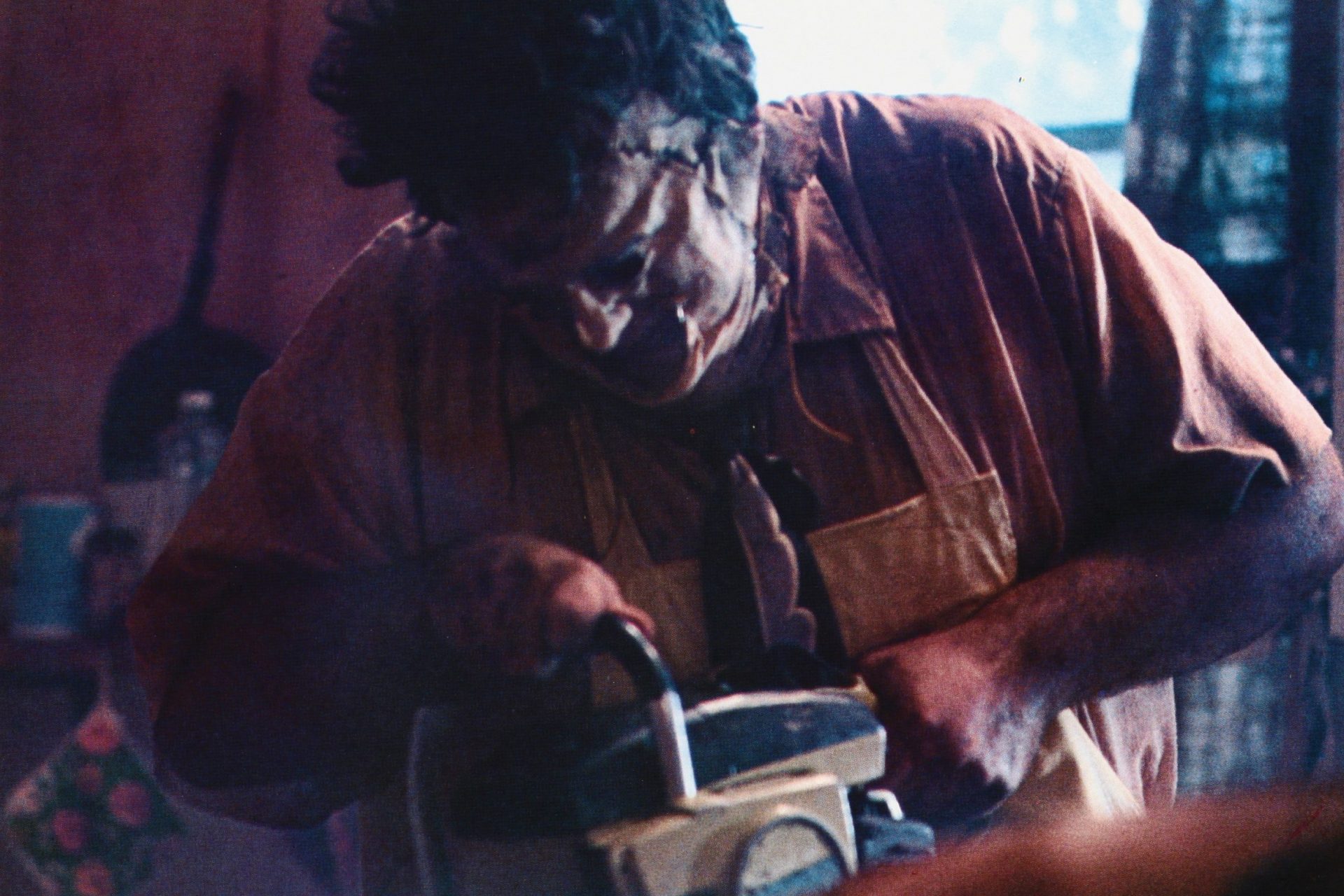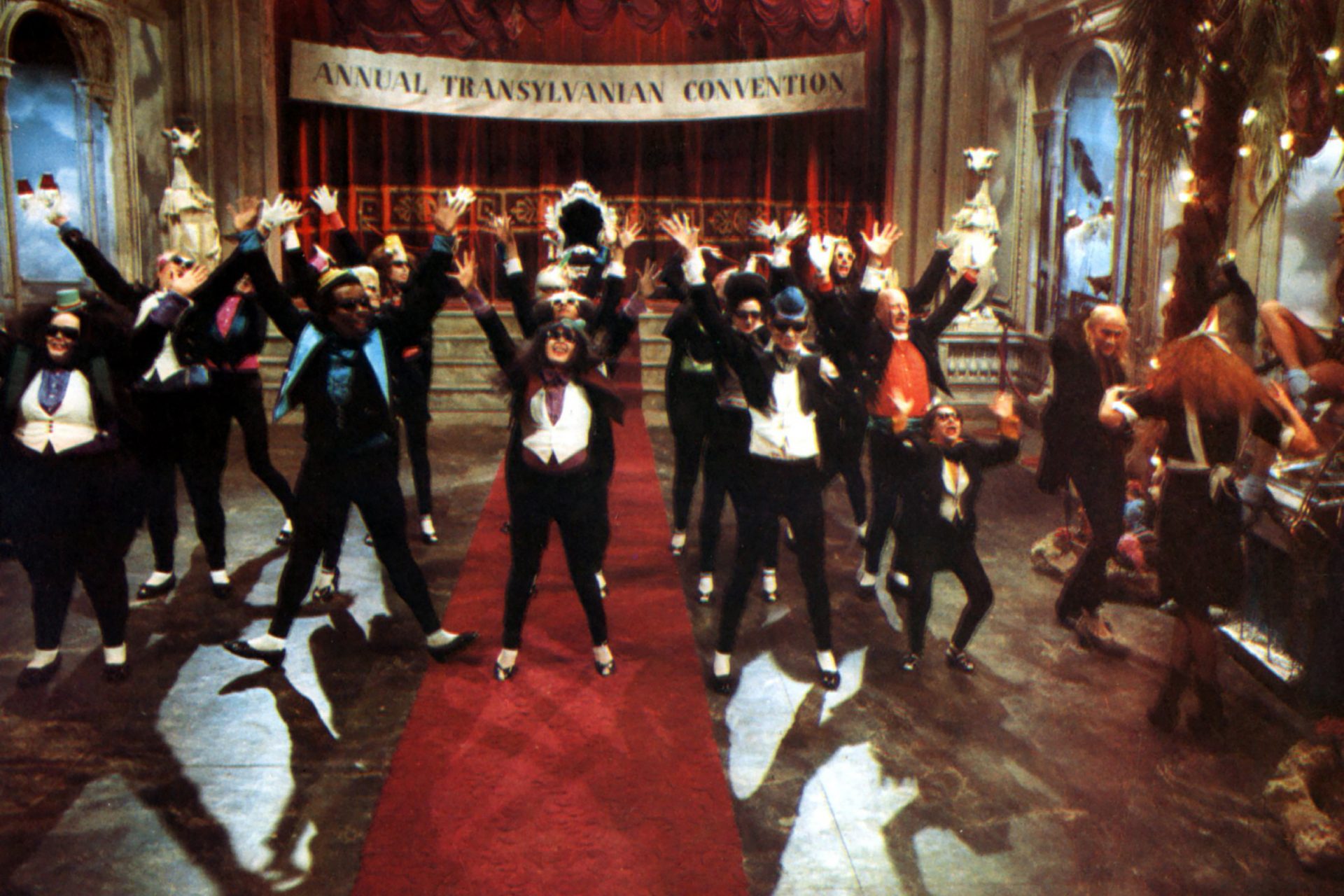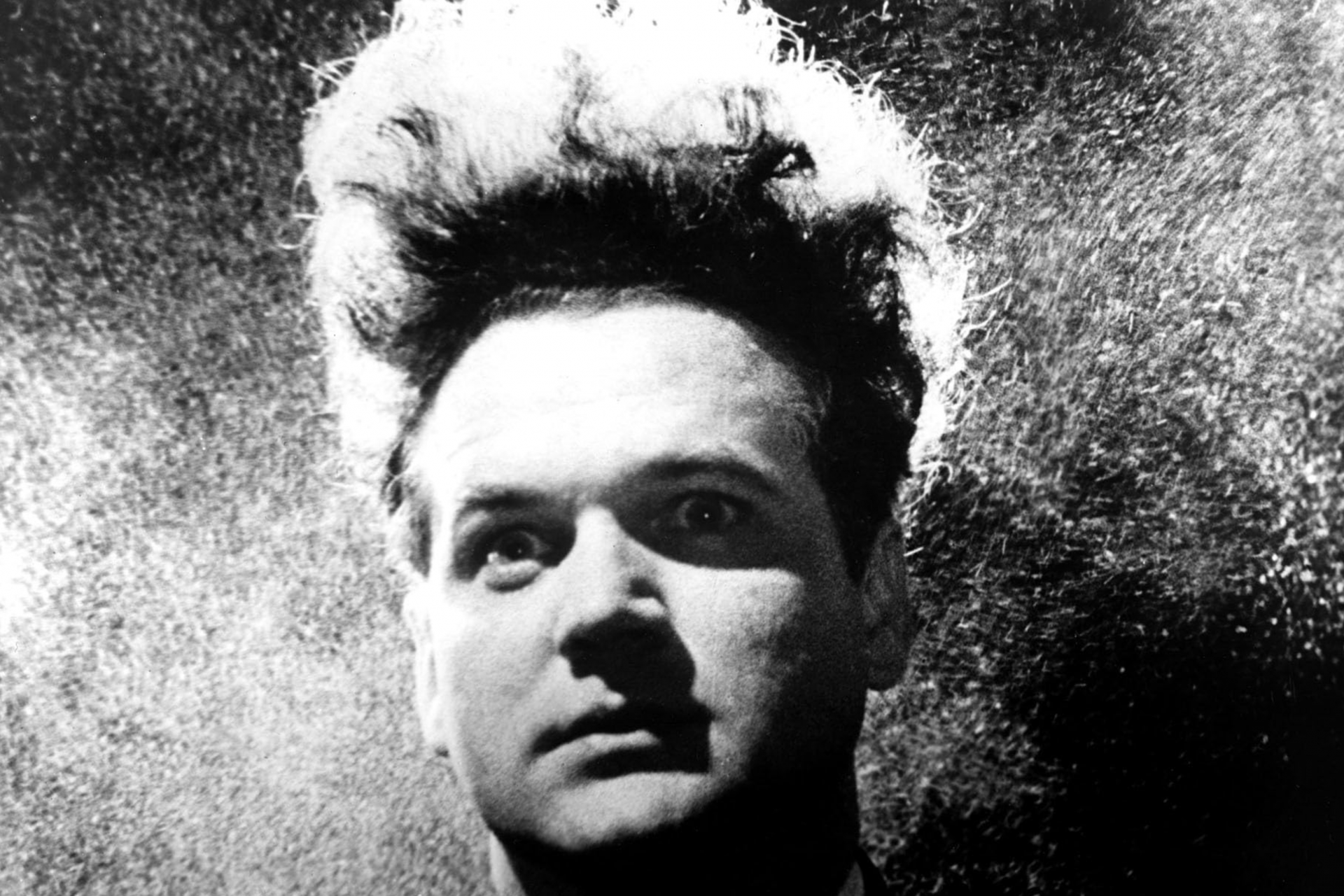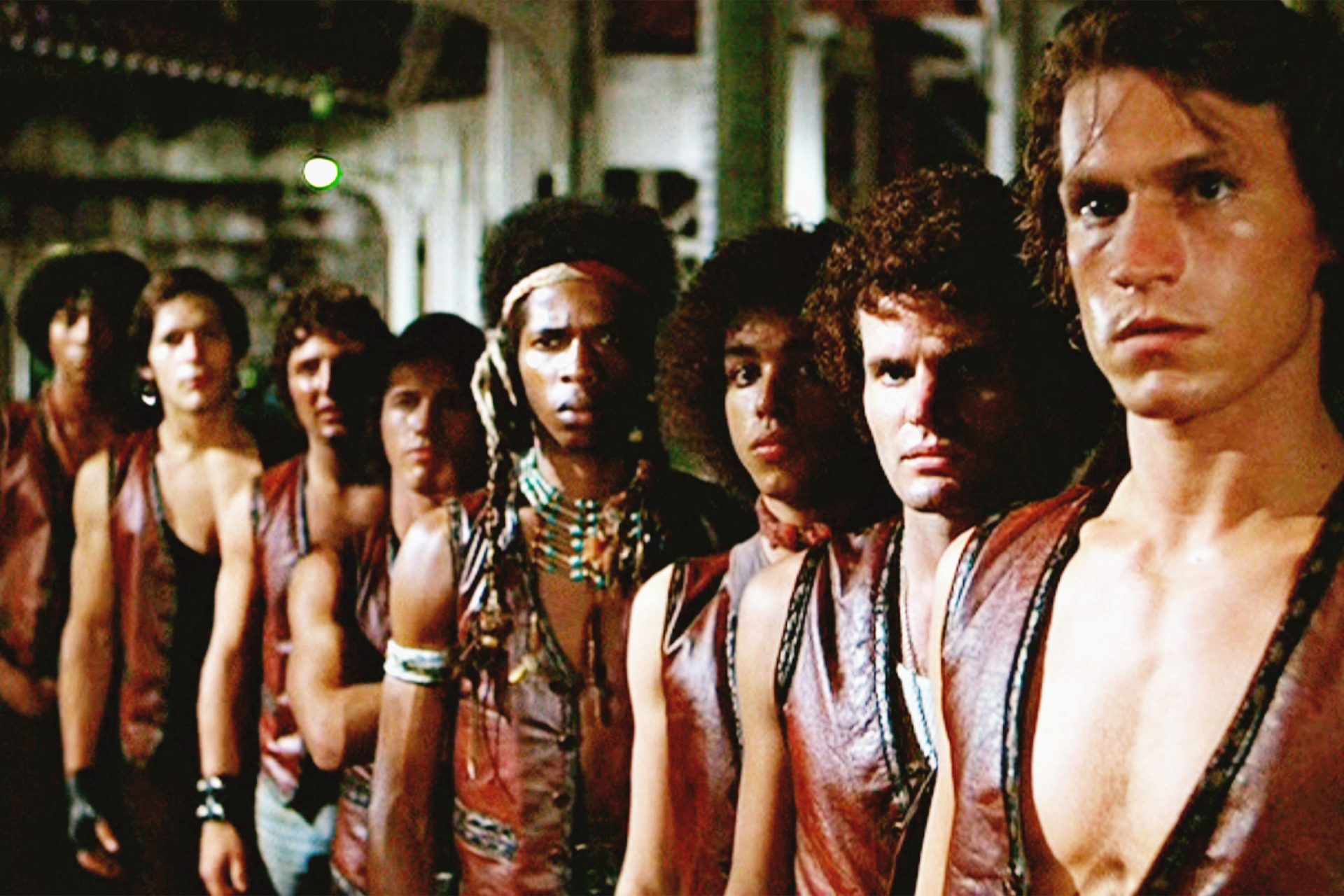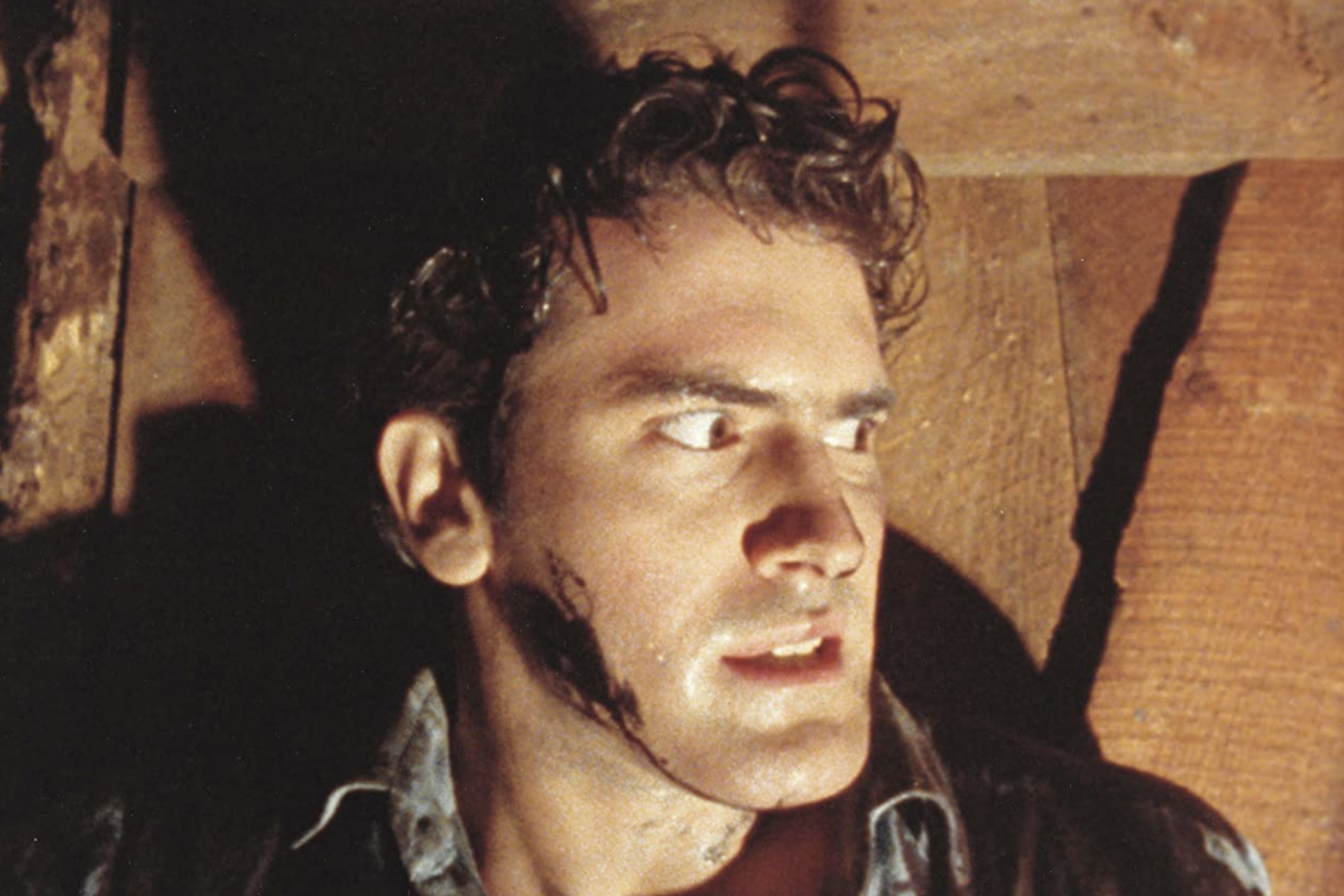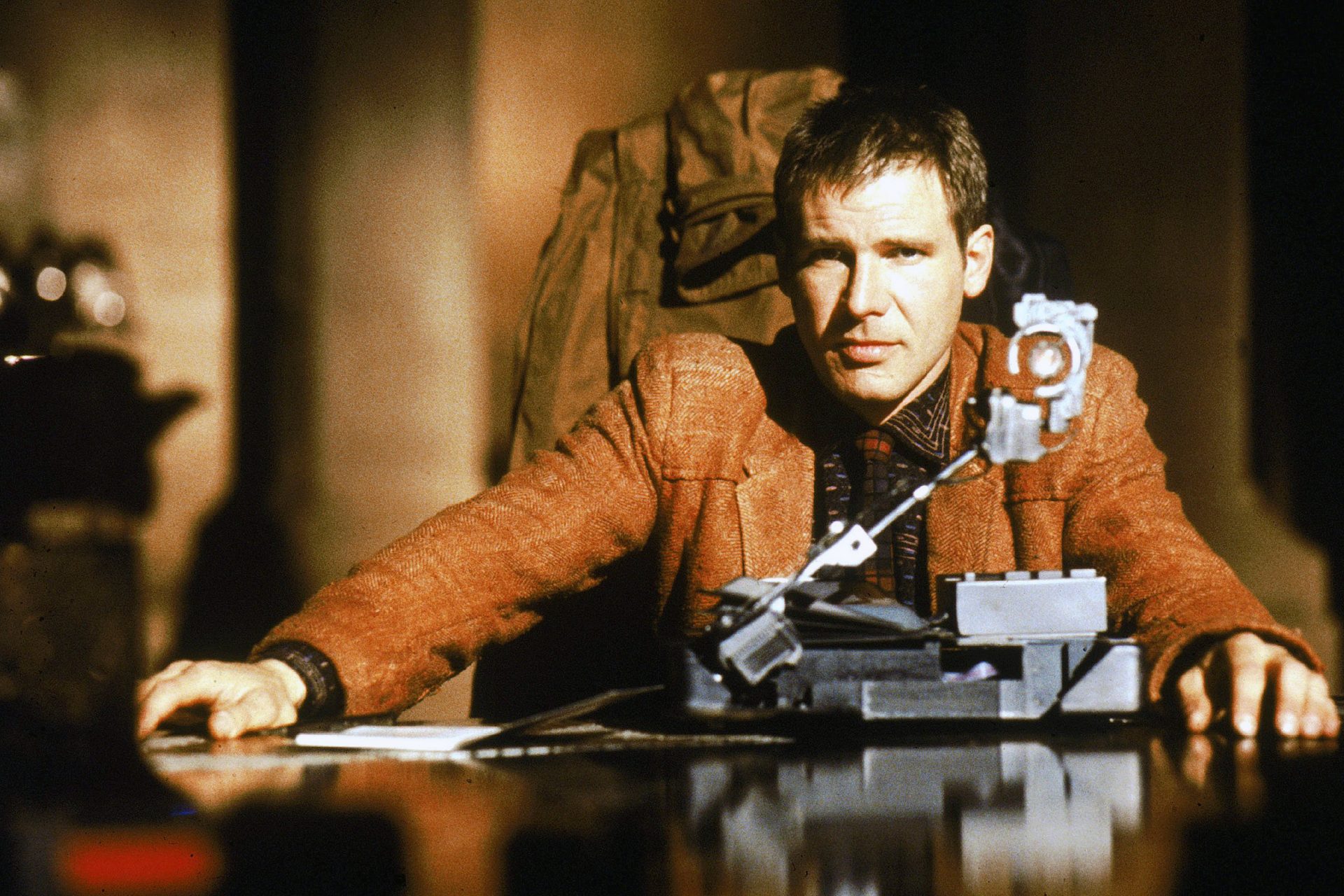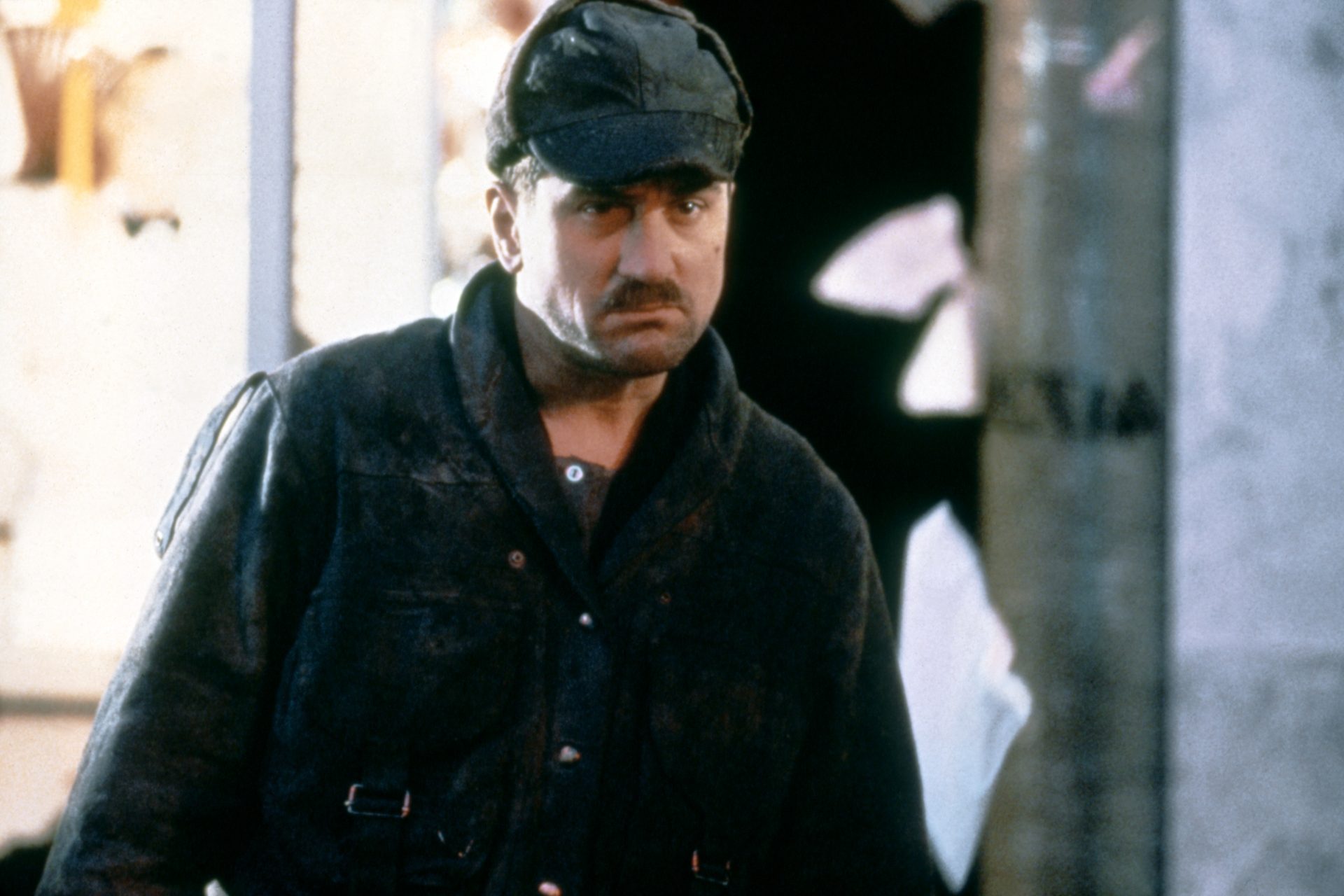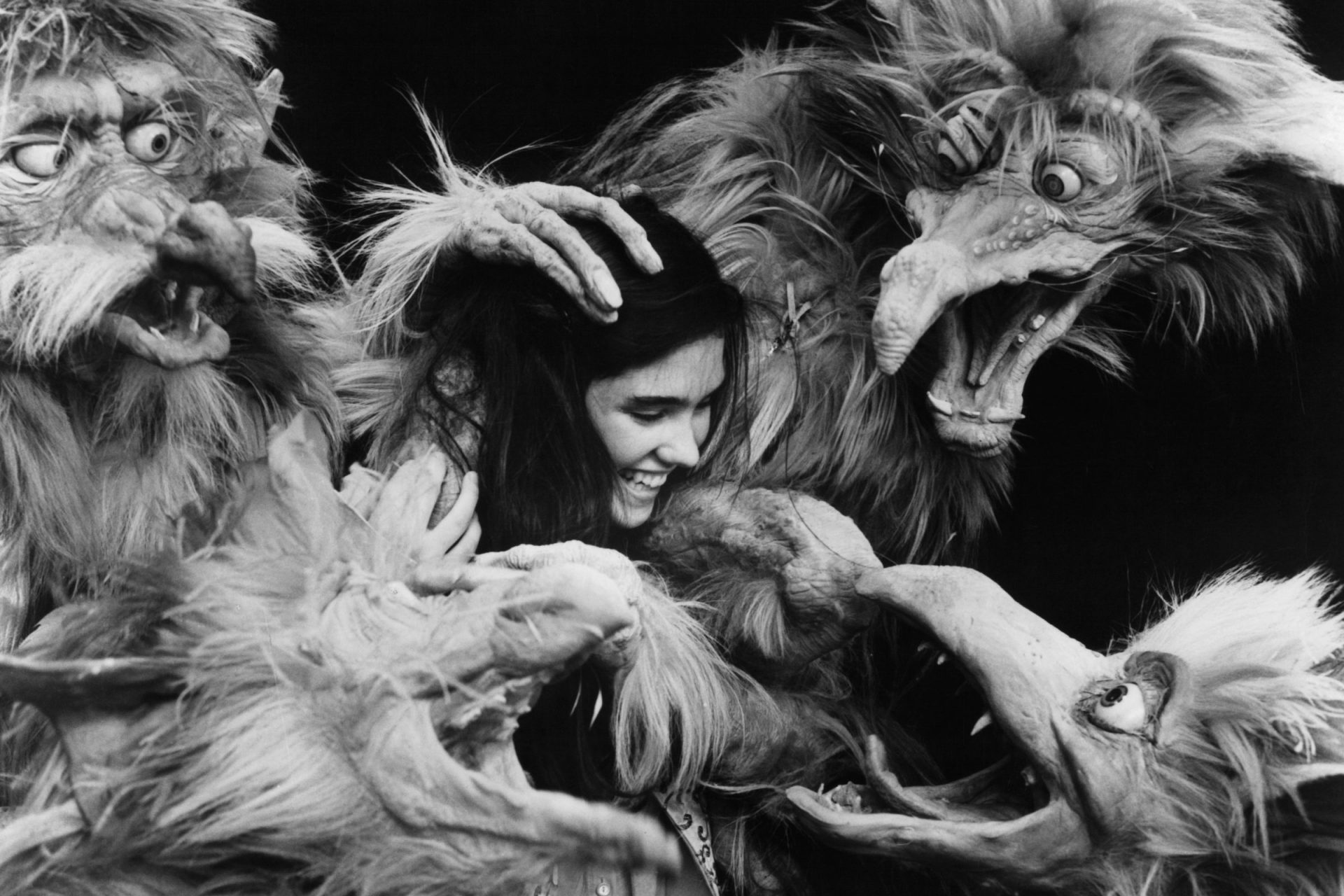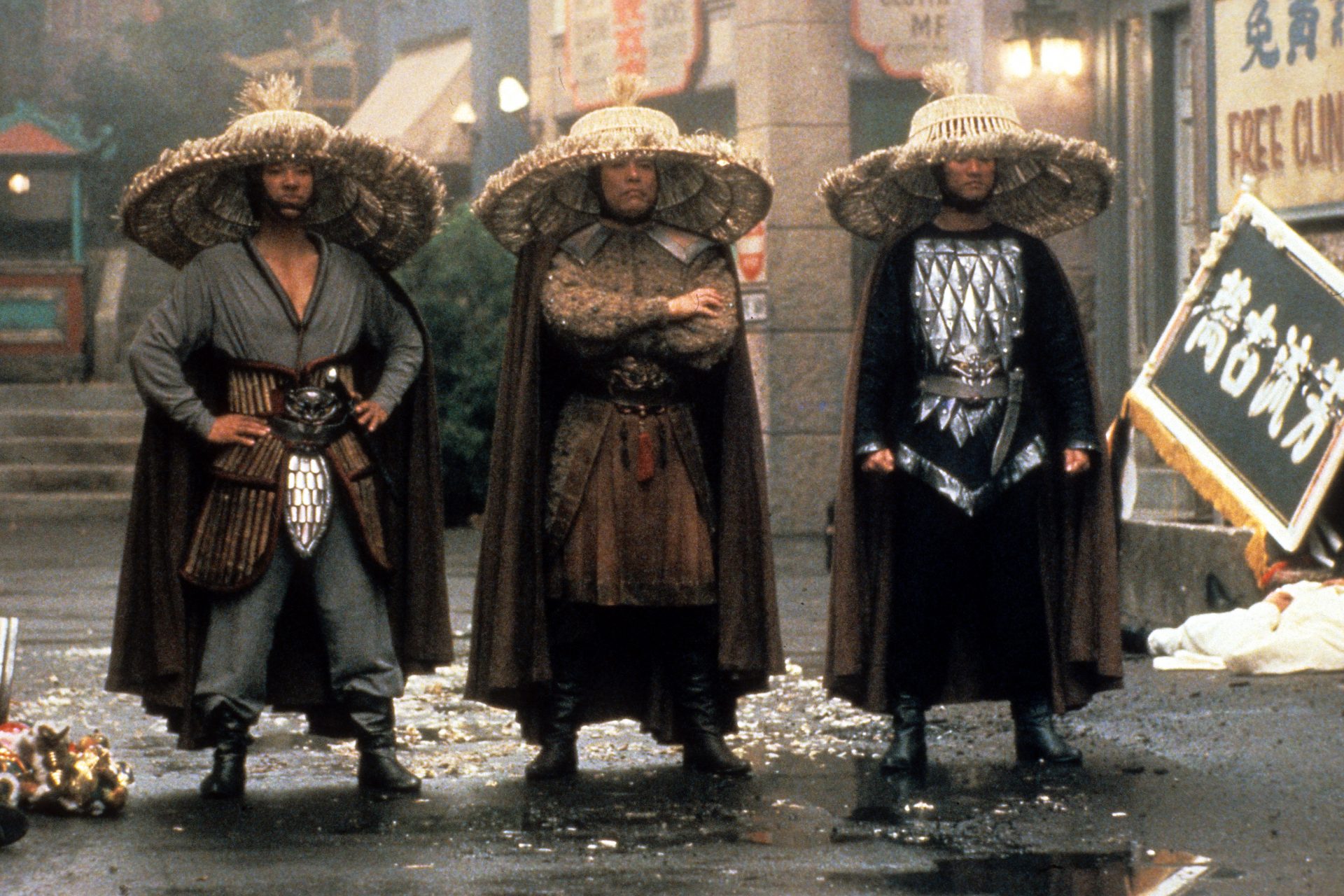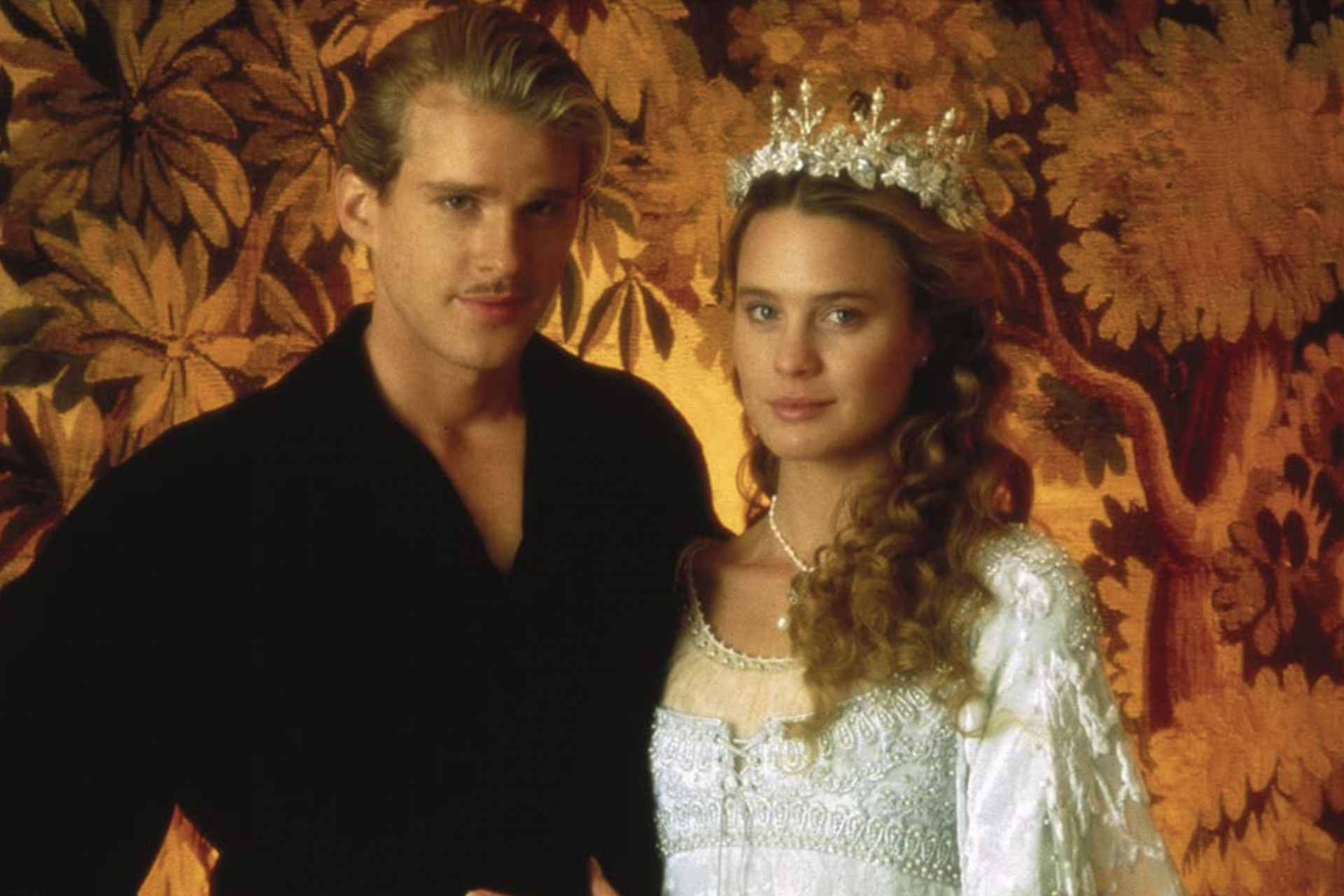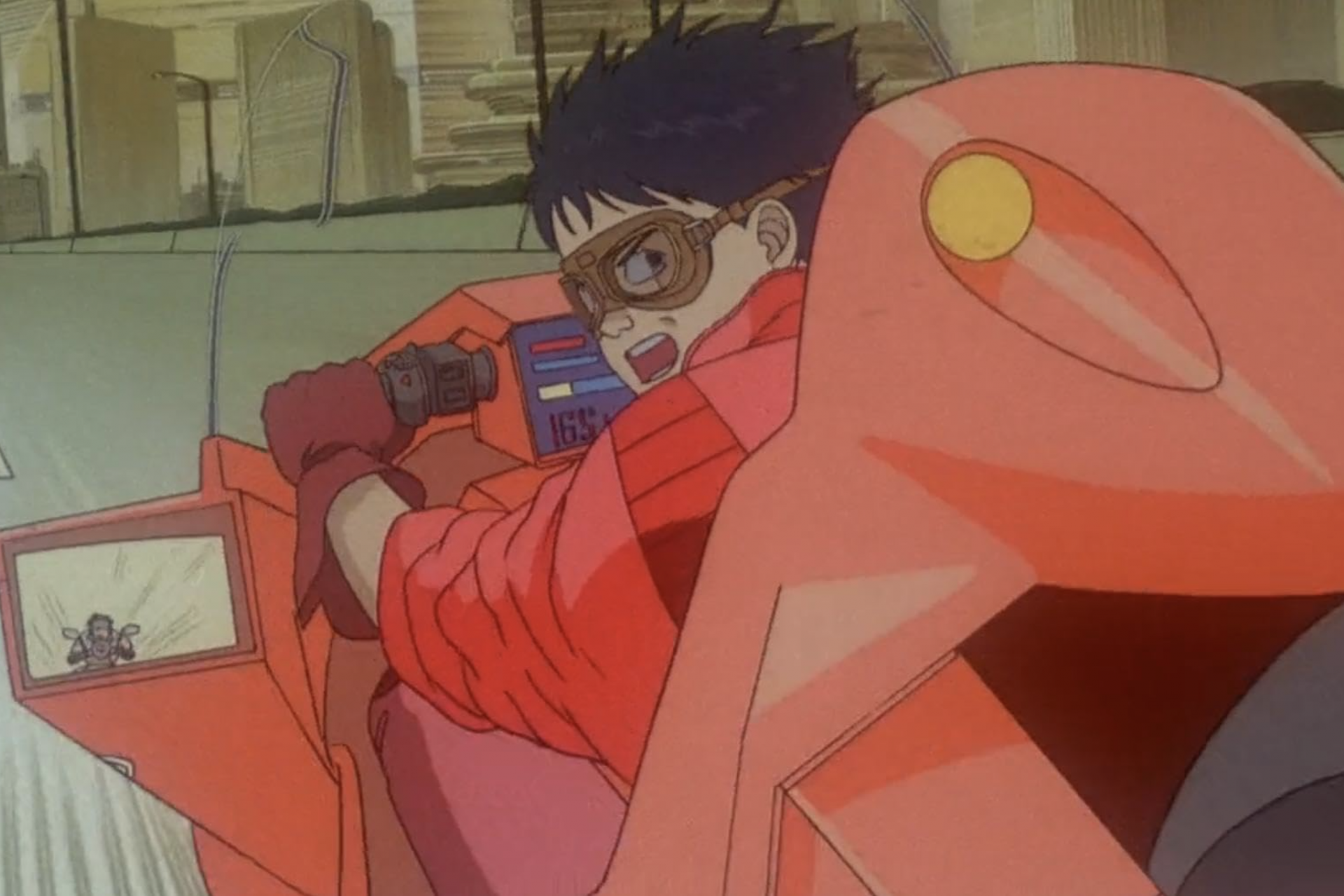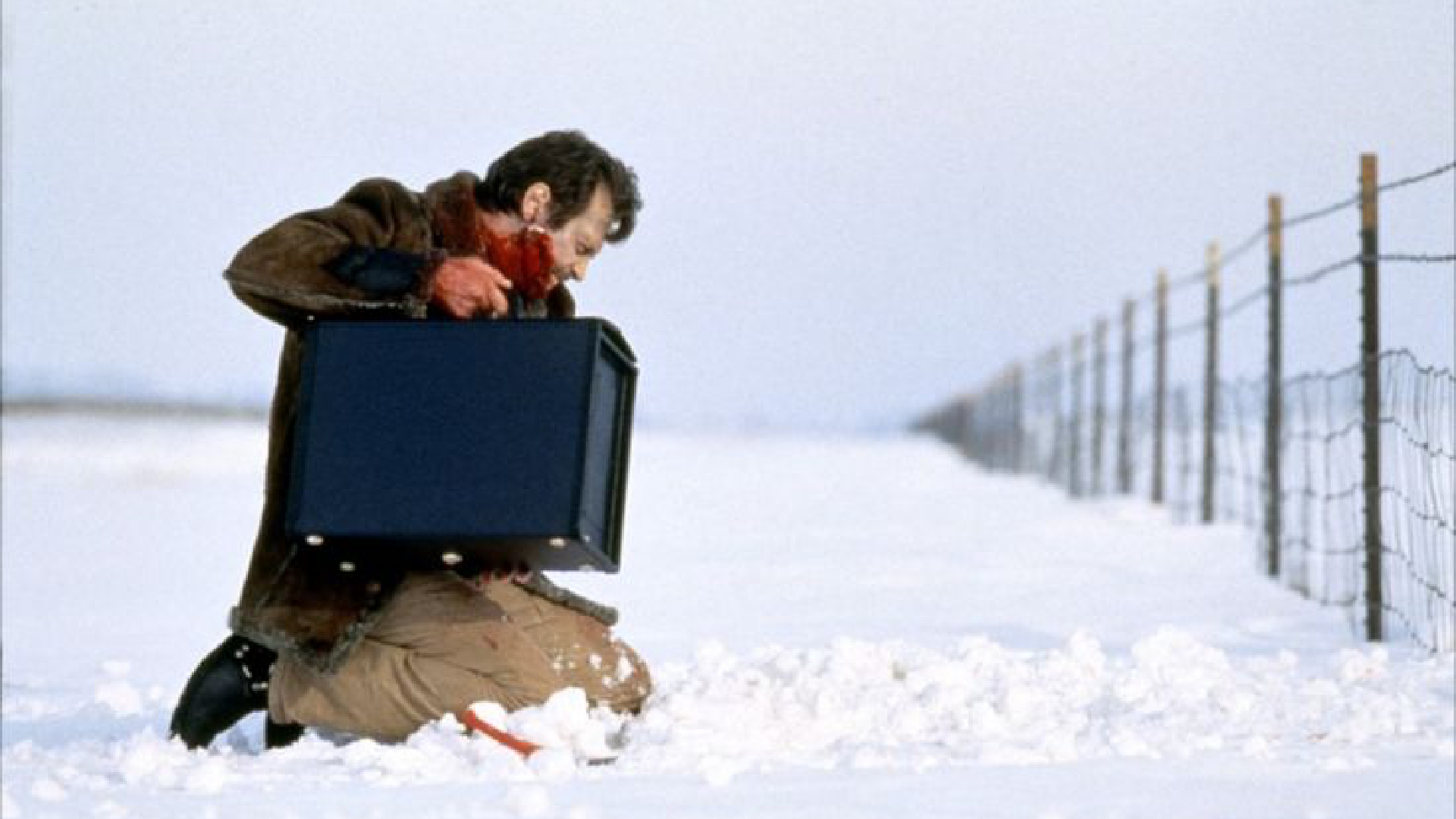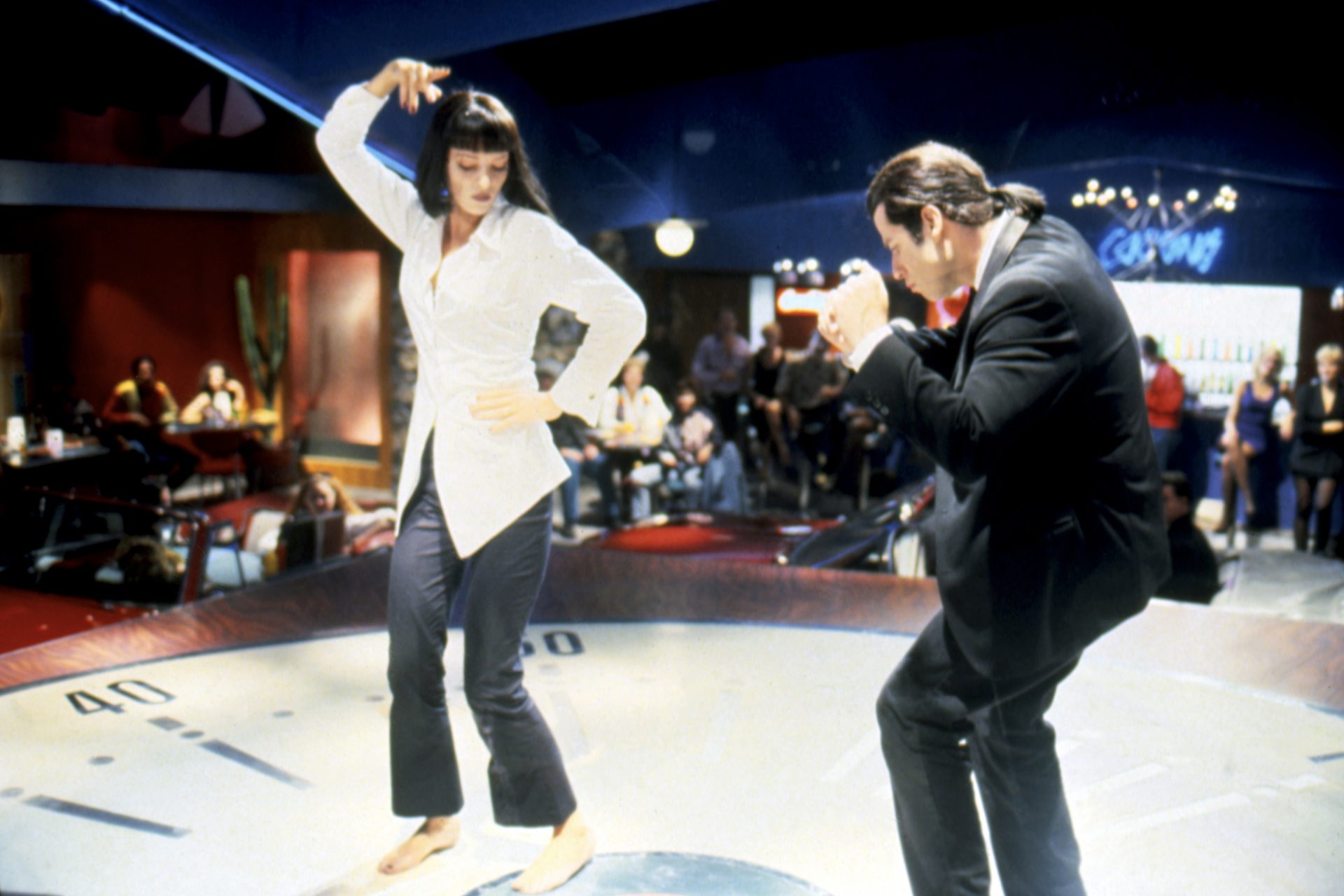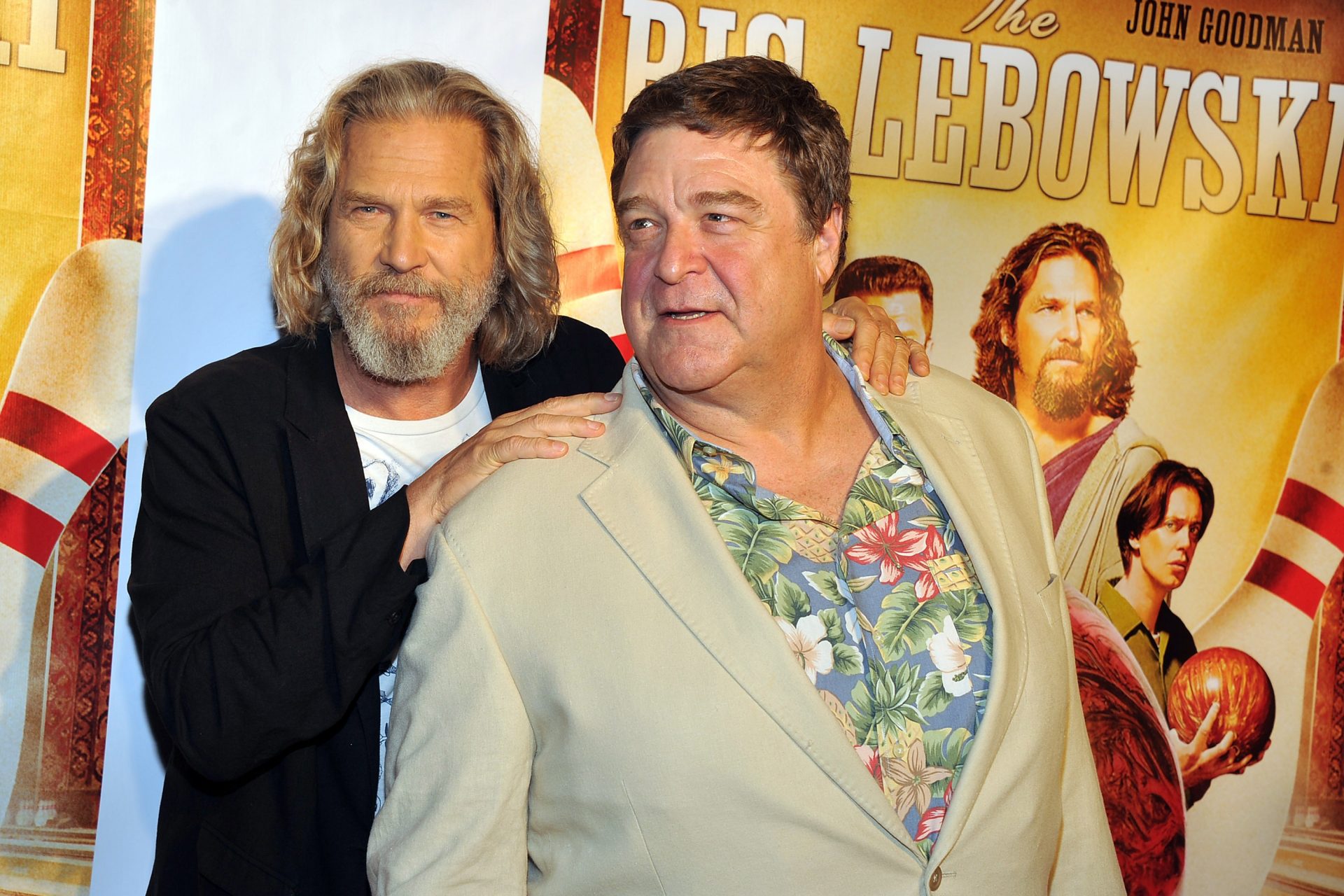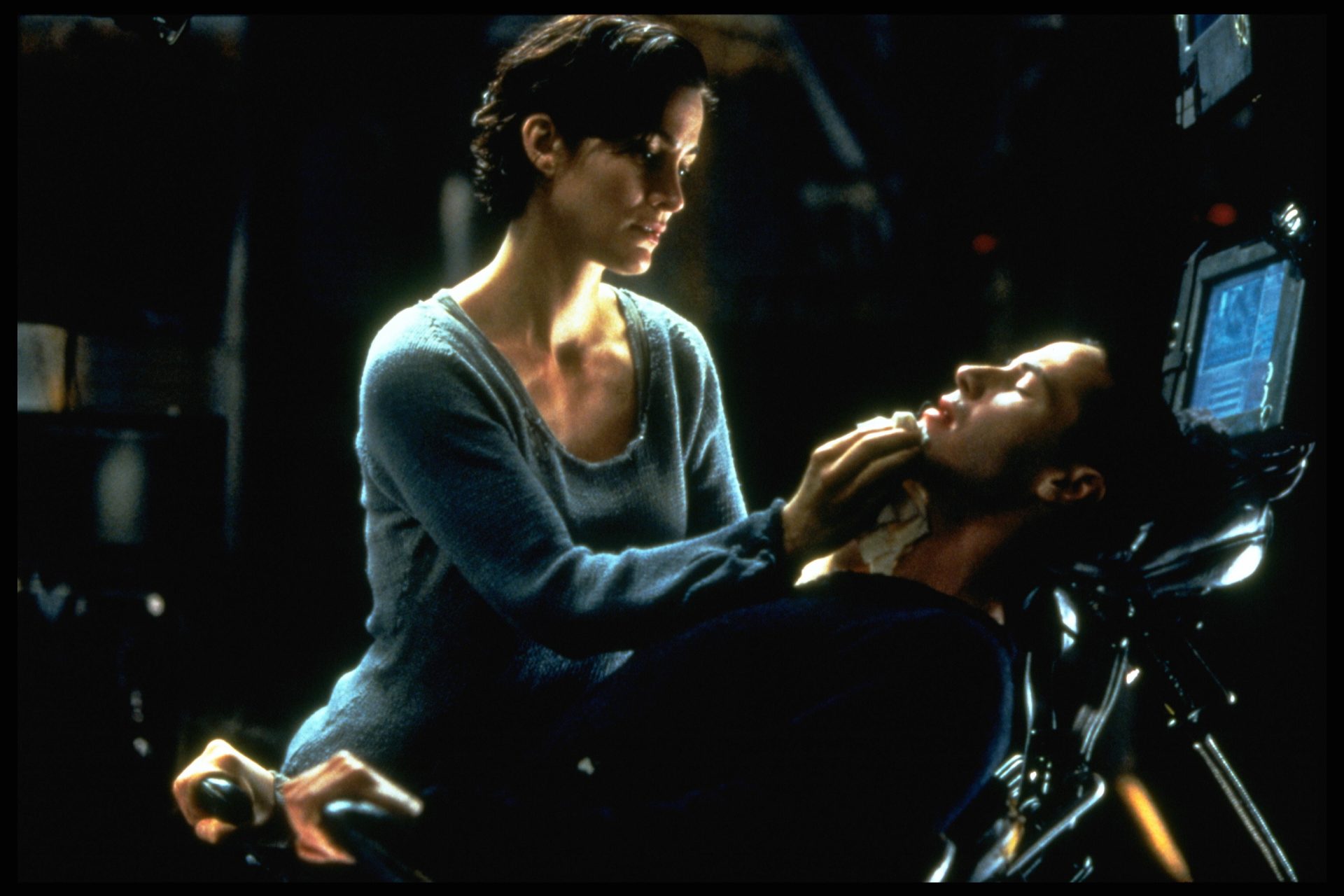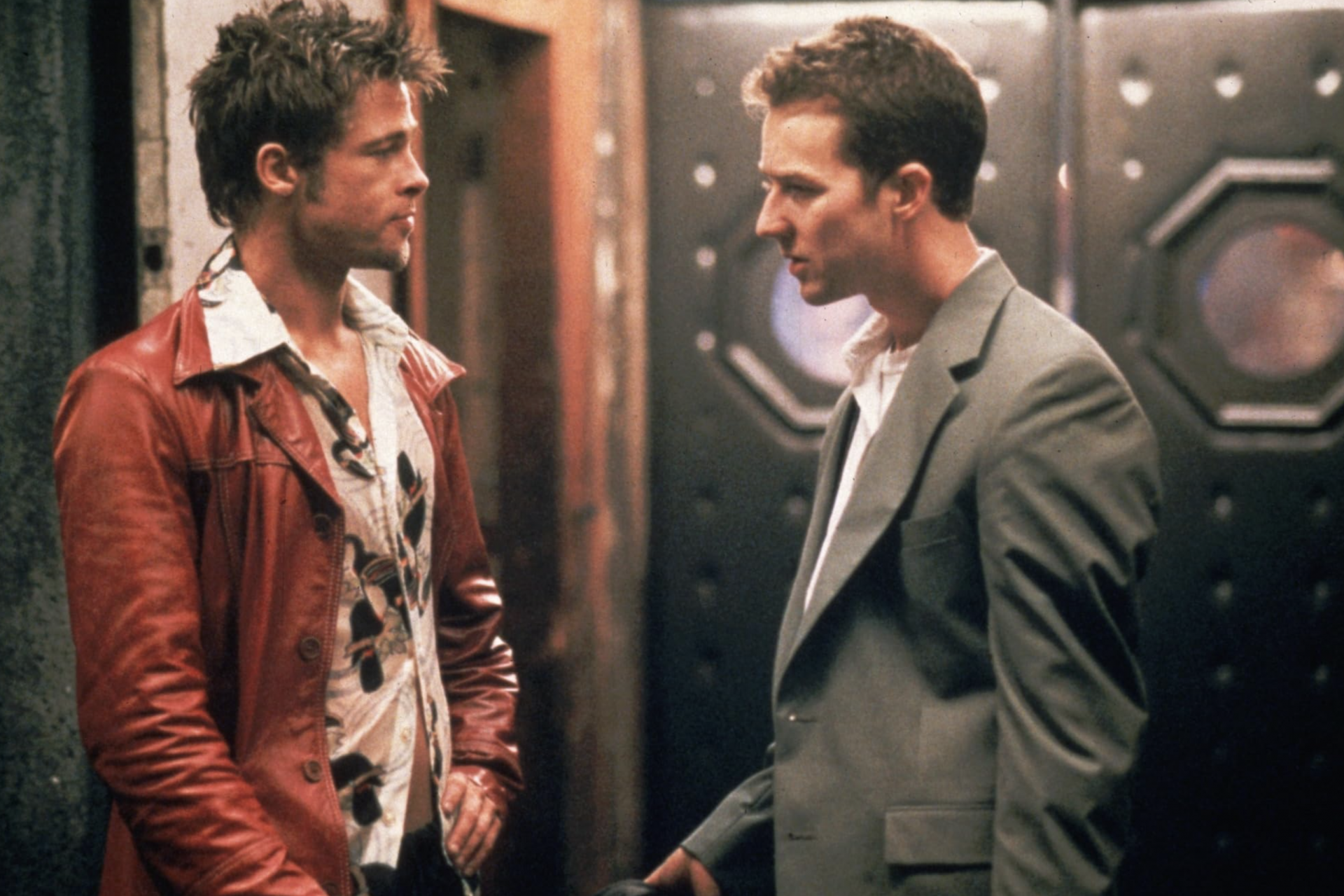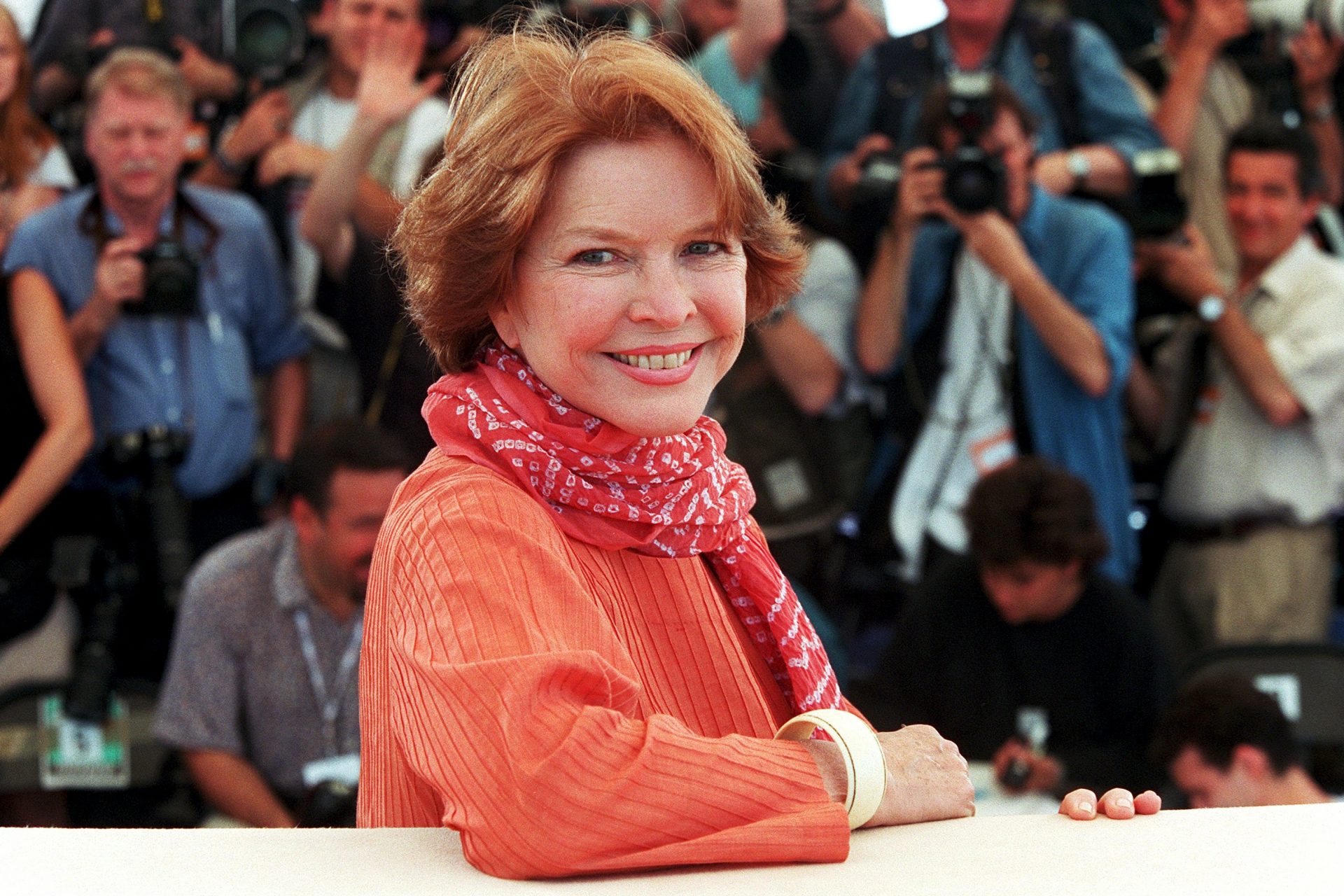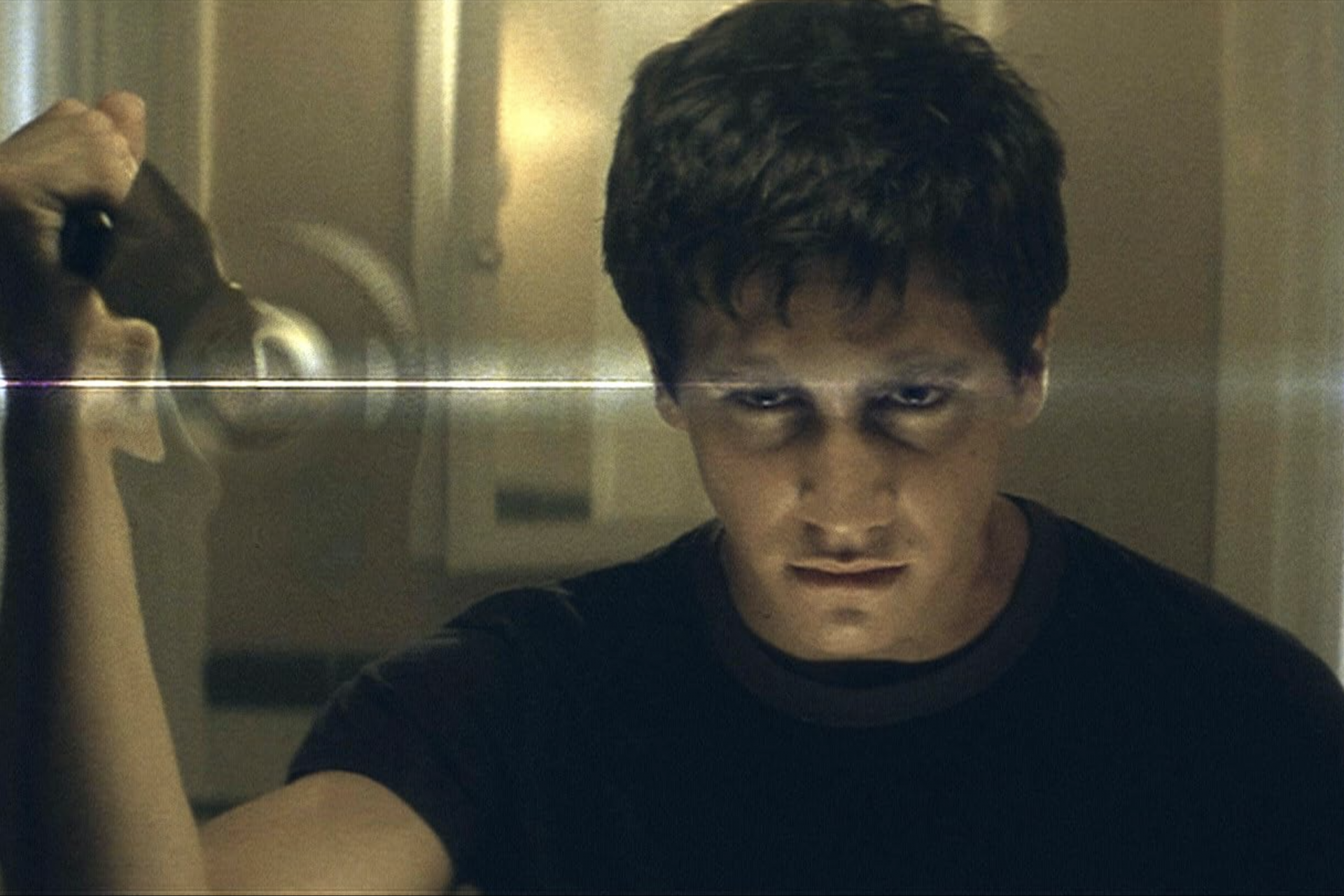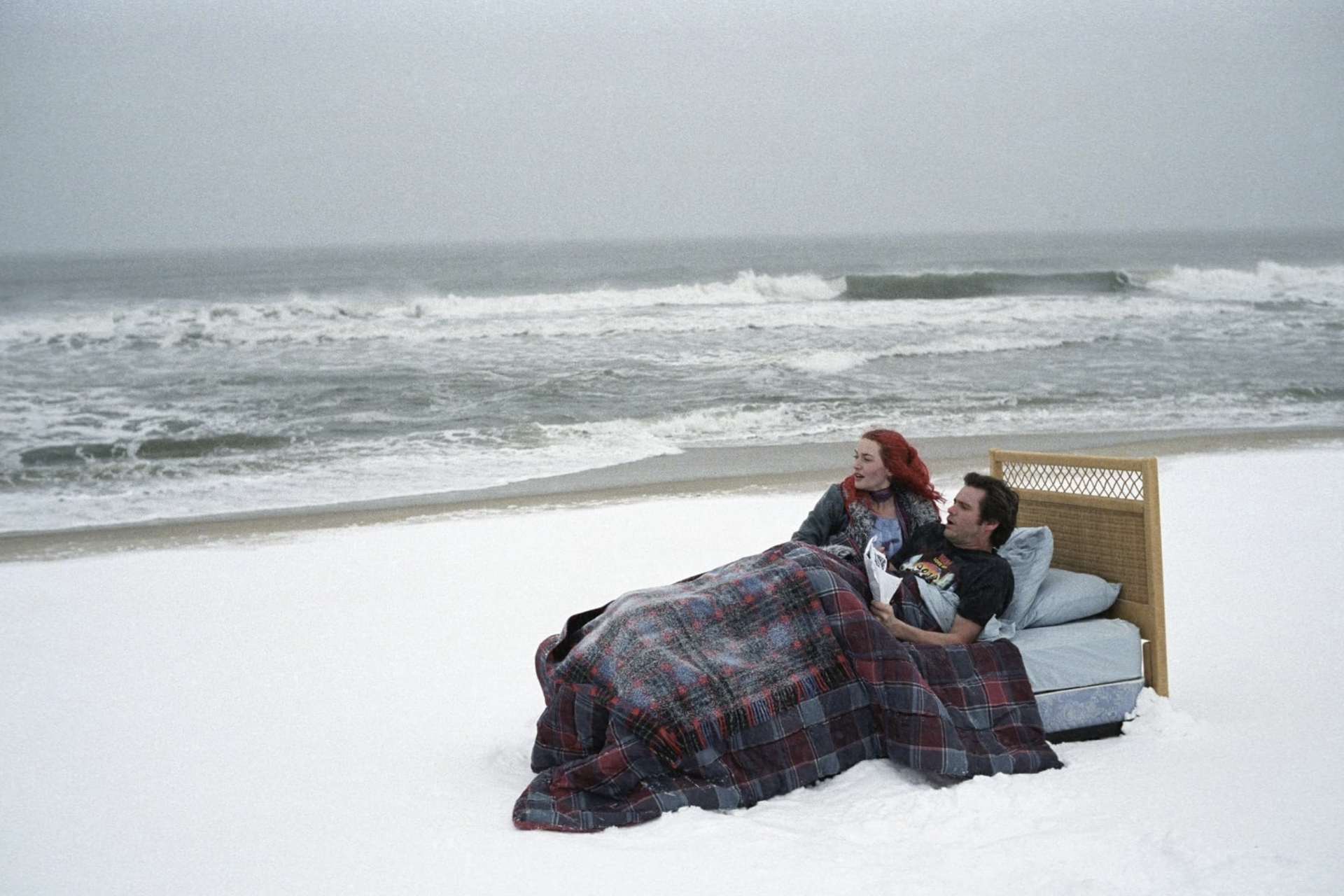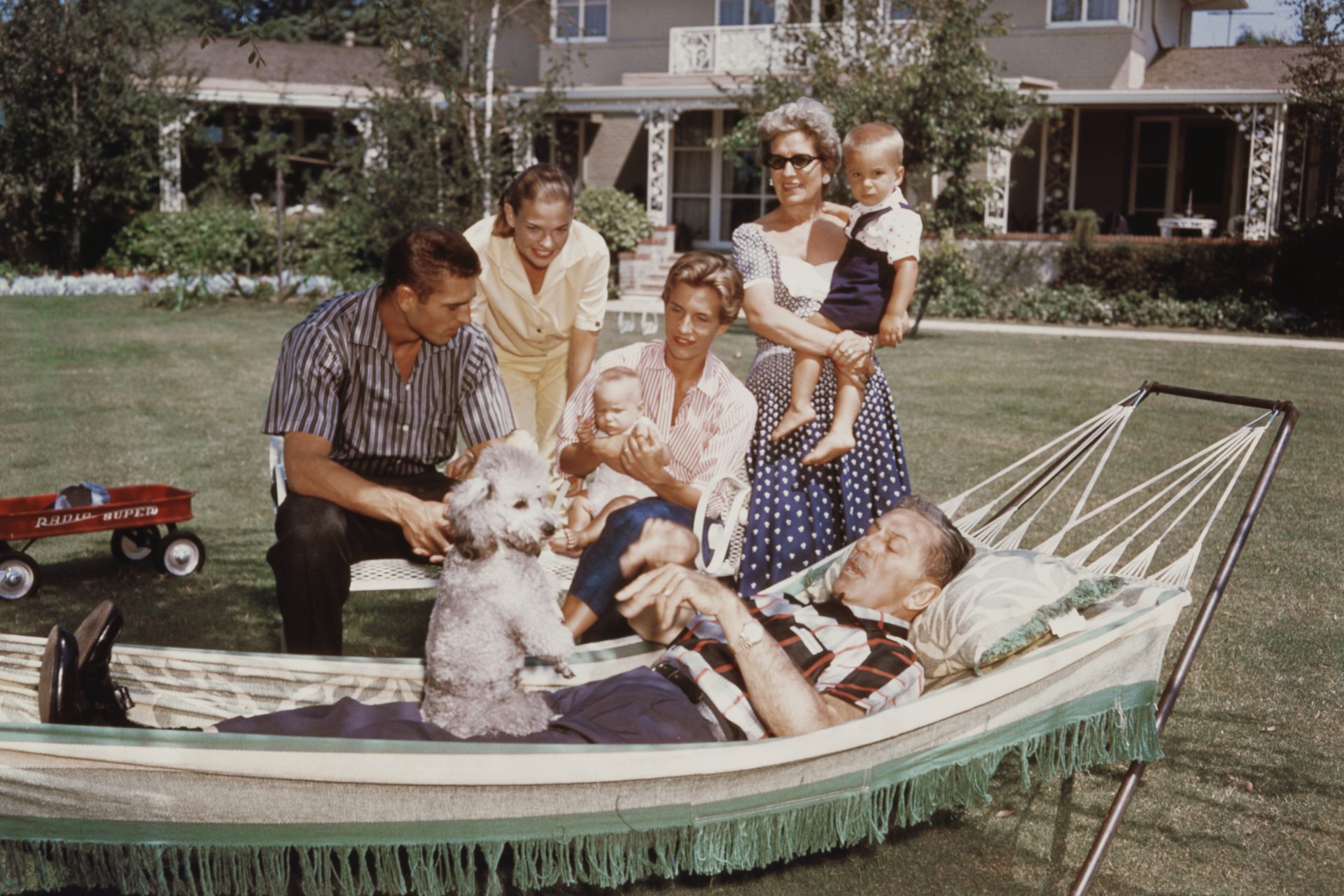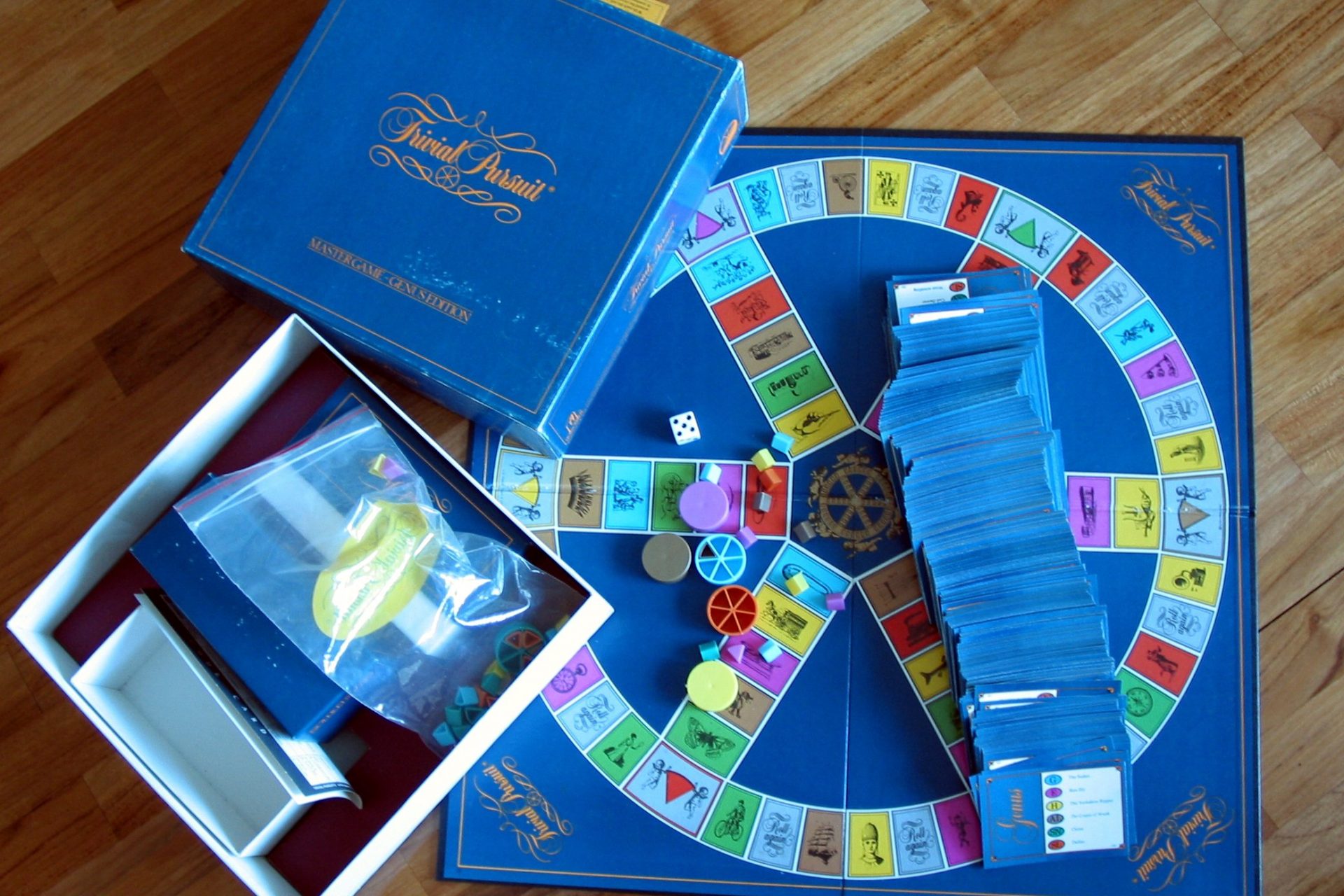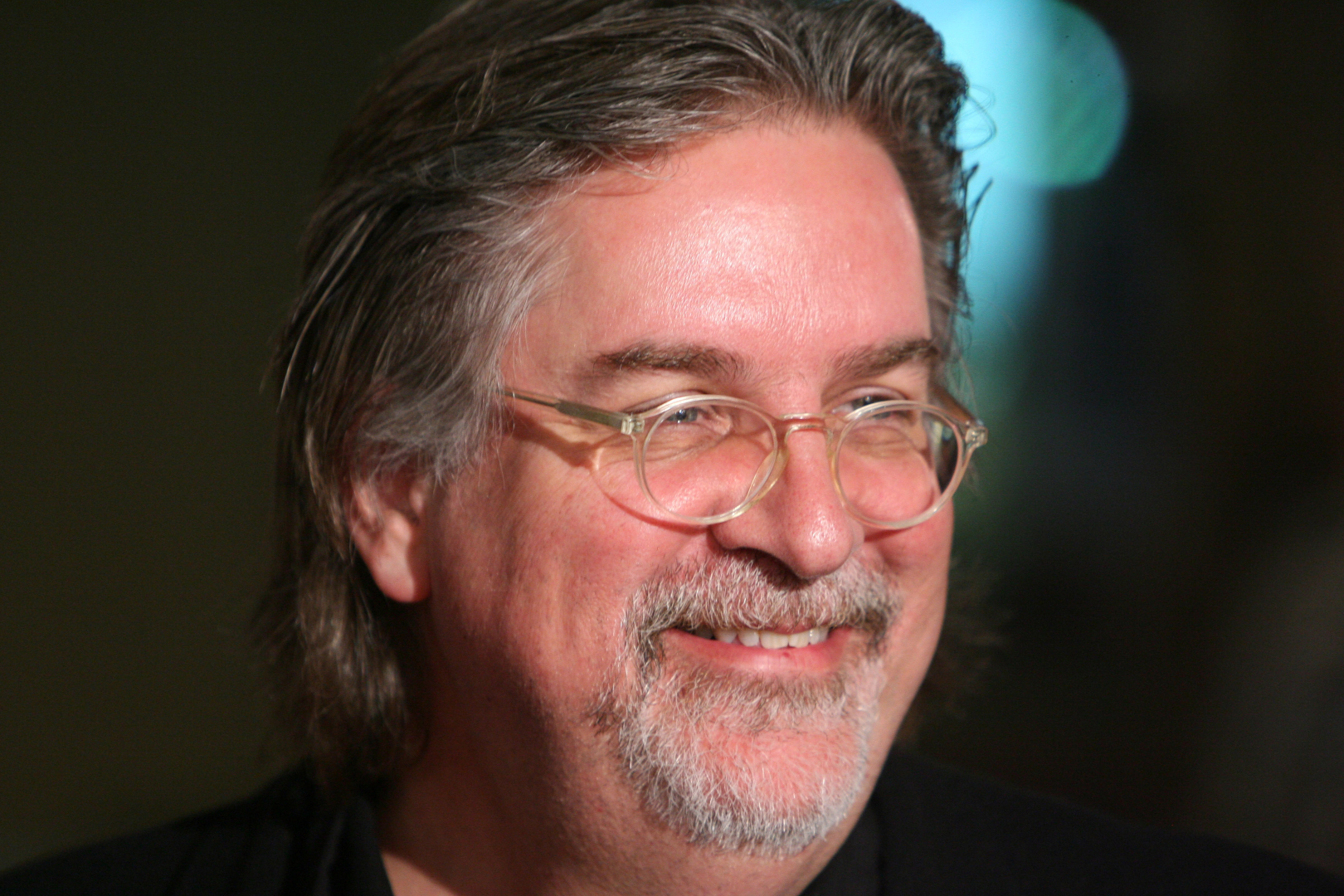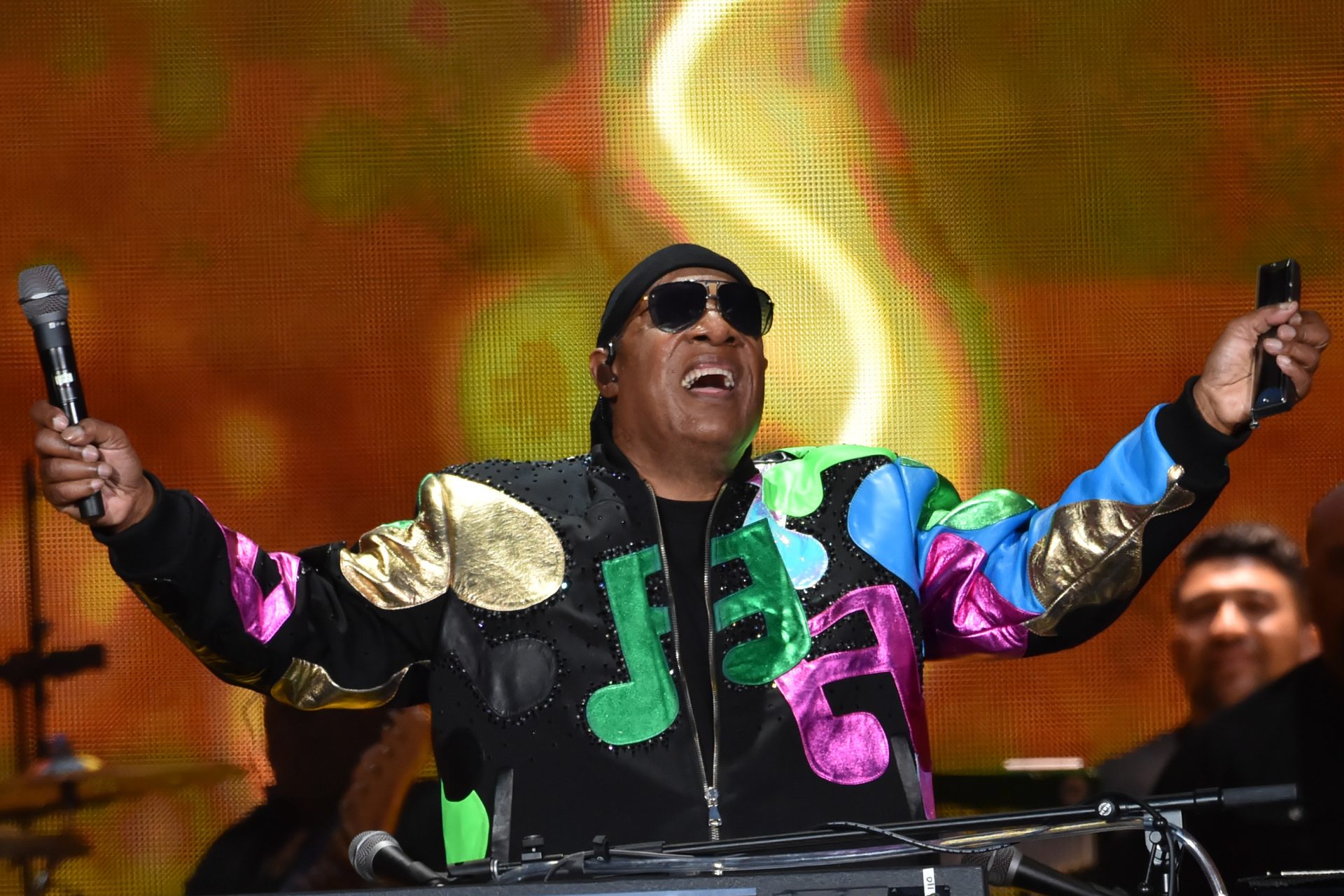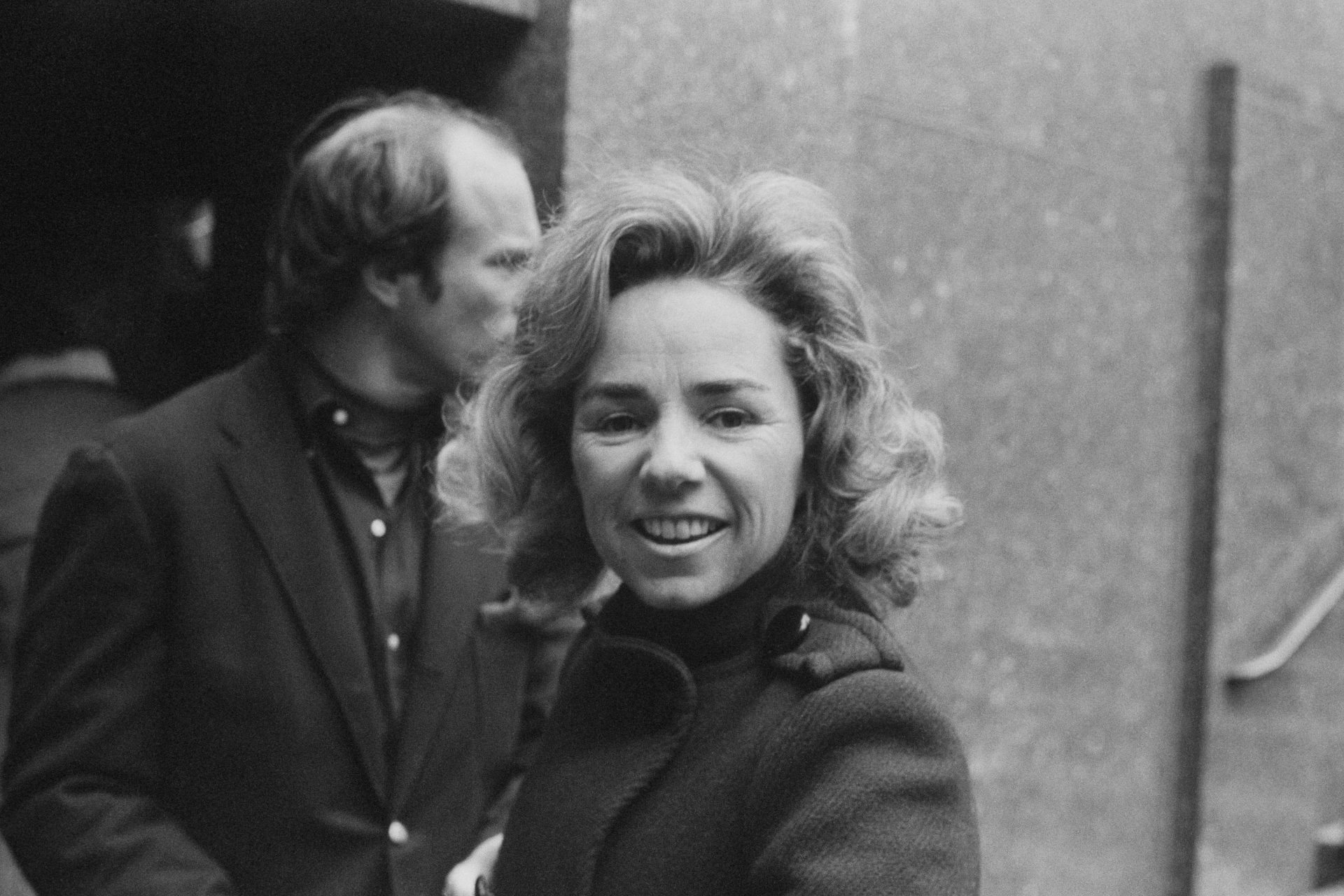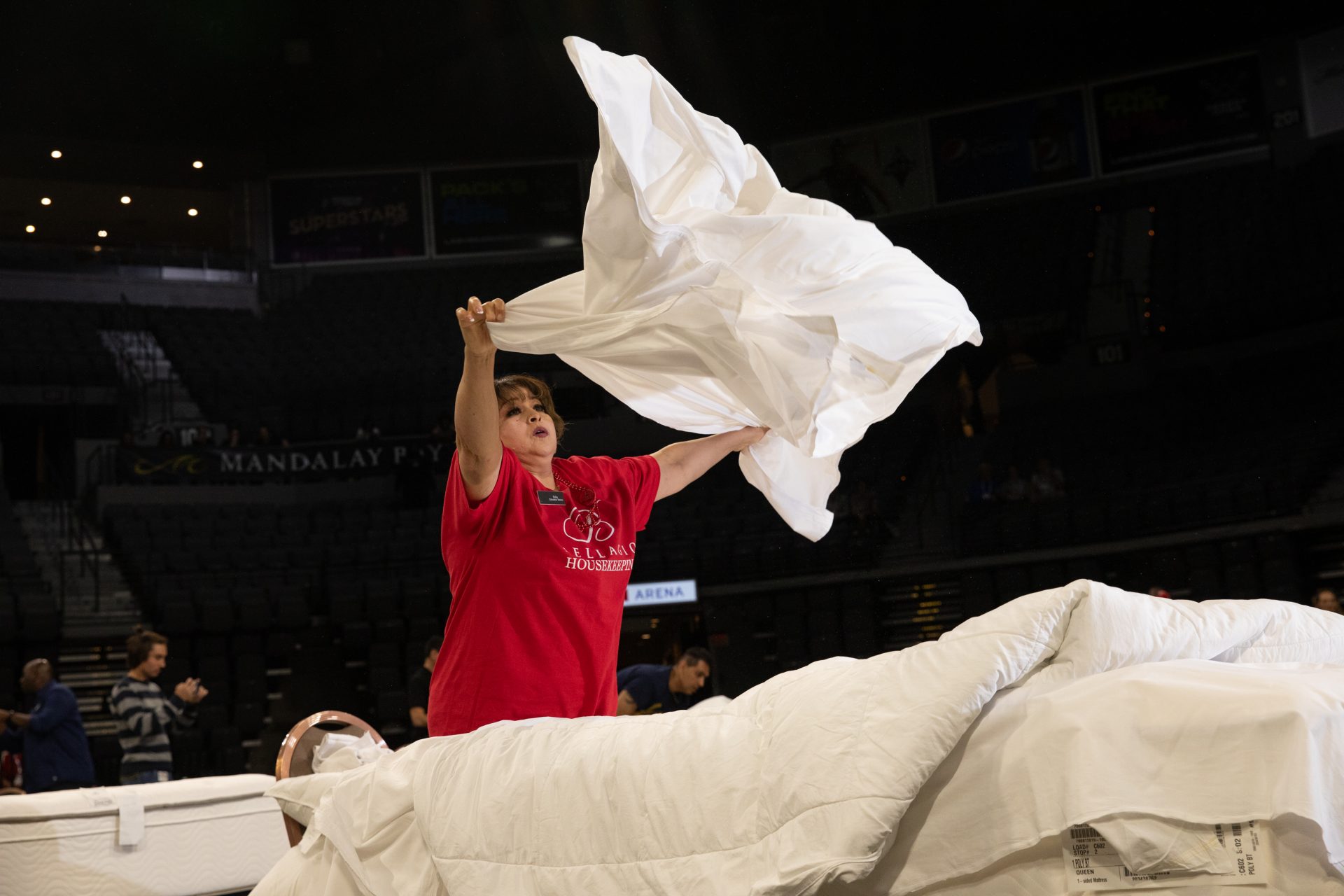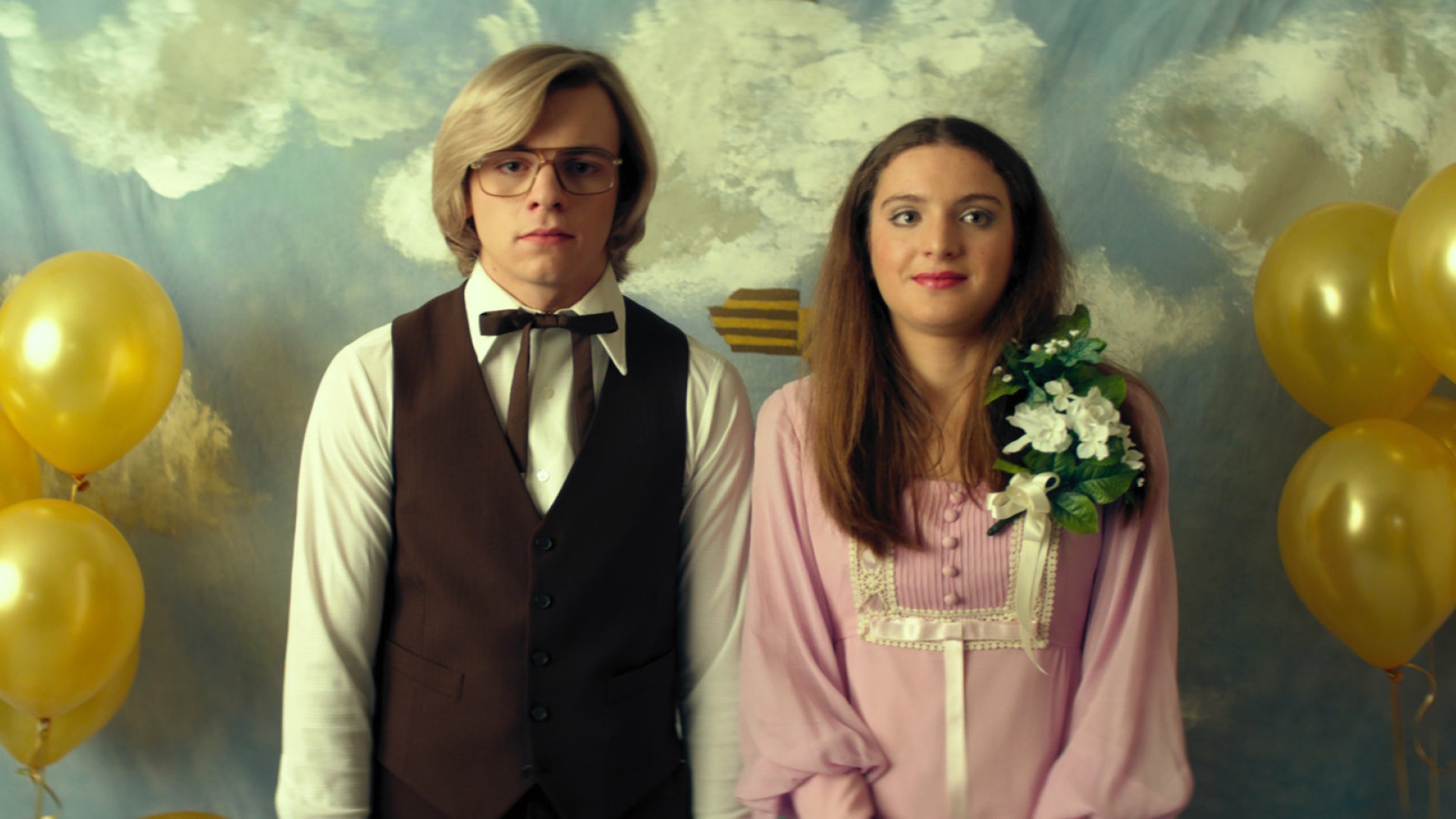The best cult films in history: how many have you seen?
What is a cult film? To put it simply: it is a film that has acquired a dedicated, loyal (cult) following. Cult films are known for their fanbase, which they drew for their originality, impact, or for any other reason.
A cult film doesn't have to be a box-office or critical success, but it does have to be important in film history for some reason. With that premise in mind, we have compiled several cult films that you should have seen. And if you haven't? There's still time.
The hetero-grafting scene caused hundreds of fainting spells in cinemas. Based on the novel by Jean Redon, it tells the story of Dr. Génessier, who kidnaps young women to use their skin to reconstruct the face of his daughter, disfigured after an accident. It was the inspiration for Pedro Almodóvar's 'The Skin I Live In'.
Halfway between adventure, eroticism and science fiction, the image of Jane Fonda as the star of this story was one of the best-selling posters of the 20th century.
A low-budget film (it cost 111,000 dollars - yet grossed 30 million) that continues to shock viewers. Violent, crude and very explicit, it is a classic horror film that has inspired generations of directors.
"We sat in the Korova Milkbar trying to make up our rassoodocks what to do with the evening. The Korova milkbar sold milk-plus, milk plus vellocet or synthemesc or drencrom, which is what we were drinking. This would sharpen you up and make you ready for a bit of the old ultra-violence." Stanley Kubrick himself even self-censored some violent scenes.
And the world met Leatherface, a legend in horror cinema that took violence to aa whole new level. What's worse, the film was based on the real-life crimes of Ed Gein.
Adapted from Richard O'Brien's musical, its scenes combine eroticism with science fiction. Add to that some great songs. A chance meeting in New York, turned into an annual convention, has given this film cult status.
Eraserhead - Halfway between the real and the dreamlike. The lead, the surprise father of a strange baby, stars in scenes as disturbing as they are inexplicable. Impossible to describe this marvellous madness by David Lynch.
Photo: Nocturno
Its aesthetics marked the transition from the 70s to the 80s. The film showed an exaggerated - but not too far removed - image of what gang warfare was like in New York. A postmodern version of Ulysses' 'Odyssey' that is now film history.
Zombies, possessed beings, demons and a guy who replaces his severed arm with a chainsaw deserved to be remembered as cult cinematic history.
Photo: New Line Cinema
A box-office flop that ended up being a benchmark in science fiction and neo-noir cinema, inspiring later films and anime. The pre-death speech is cinema history. Interestingly, the future that 'Blade Runner' depicts is in Los Angeles 2019.
Horror and science fiction combined with terrifying mutations. What you can't see is just as frightening as what you can - until the final monster that walks a fine line between fear and disgust.
Based on George Orwell's '1984', the film presents the reality of an oppressive state and Sam, a state official. His vision of reality changes when he meets Tuttle, an underground activist, and Jill, a mysterious woman who will lead him to challenge the system he respects so much.
A hypnotic Jennifer Connelly, alongside a magnetic David Bowie, in a fantasy surrounded by Goblins and Jim Henson puppets. Filled with some more Bowie hits, this is a fantastical unexpected adventure to recover the brother that the lead disowns at the beginning of the story.
Funny, mystical, cheeky and with Kurt Russell having a blast as Jack Burton, this is one of the most lovable blowhards of 80s cinema.
There are so many great lines and speeches in this story of love and adventure making it a cult film in its own right. But it is also a great film from beginning to end.
The film that universalised Anime. The world was amazed by Neo Tokyo's approach: the explicit violence and the realisation that Japanese animation was much more than children's cartoons.
Photo: Toho
From failure to cult with this story set in high school. With black humour at the heart, especially when the lead couple start to take out their cruelest companions, it has generated a huge fan following.
A salesman's plan goes badly wrong when incompetence and a stubborn police officer get involved. Brilliant story, brilliant characters, and brilliant acting.
Photo: MGM
Anthony Hopkins needed little more than 15 minutes on screen to give the world one of the best villains in history. Unsettling, hypnotic and unforgettable, his partnership with Jodie Foster and her Clarice Starling is electric.
Photo: MGM
Arguably one of the best screenplays in history. Religion, relationships, social criticism and, of course, explicit violence are the hallmarks of this masterpiece by Quentin Tarantino.
A classic full of absurd humour, surreal situations and wonderful characters. The Dude (Jeff Bridges) is a star and Jesús Quintana (John Turturro) gives one of the most hypnotic performances in the history of contemporary cinema.
This is a film that truly changed digital cinema forever. It was a leap in the quality of filmmaking that is still relevant today. It also introduced Neo, one of the most groundbreaking superheroes in the history of cinema. Well, and Trinity and Morpheus, two of the coolest characters ever.
A violent film with a veiled critique of consumer society. Literal and metaphorical scened with a heart-stopping ending and a spectacular chemistry between Brad Pitt and Helena Bonham Carter.
Photo: 20th Century Fox
Requiem for a Dream is an extremely tough film and difficult to watch a second time. Why? Addictions, the passing of time and pain are constant in this cult film, with the American dream teasing the characters in the background. Ellen Burstyn, Jared Leto, Jennifer Connelly and Marlon Wayans are superb.
The internet took this misunderstood gem and made it into an historical masterpiece, and with good reason. An end of the world announced by a mysterious figure disguised as a disturbing rabbit and a very young Jake Gyllenhaal showing his darkest side.
This film is an unorthodox love story, which shows the heart always wins over the brain. Joel (Jim Carrey) and Clementine (Kate Winslet) are a perfect match.
Follow Showbizz Daily to stay informed and enjoy more photo galleries!


